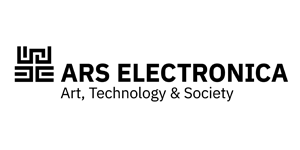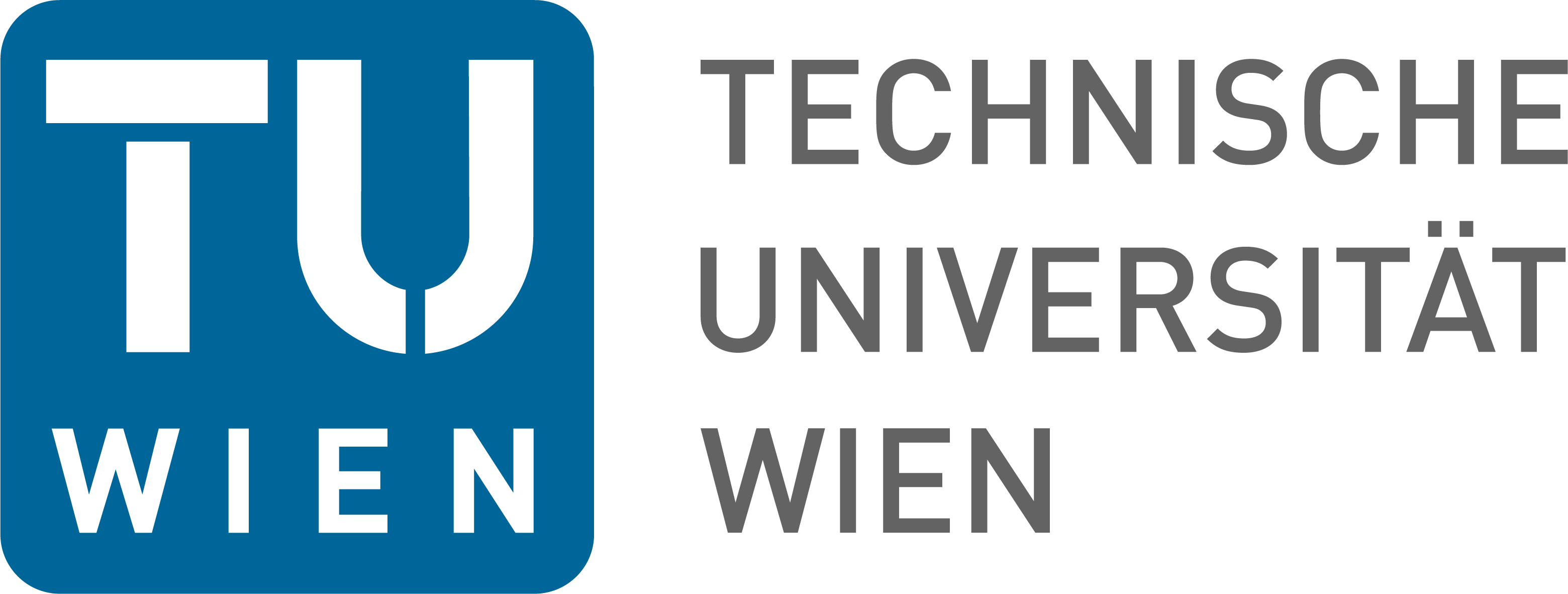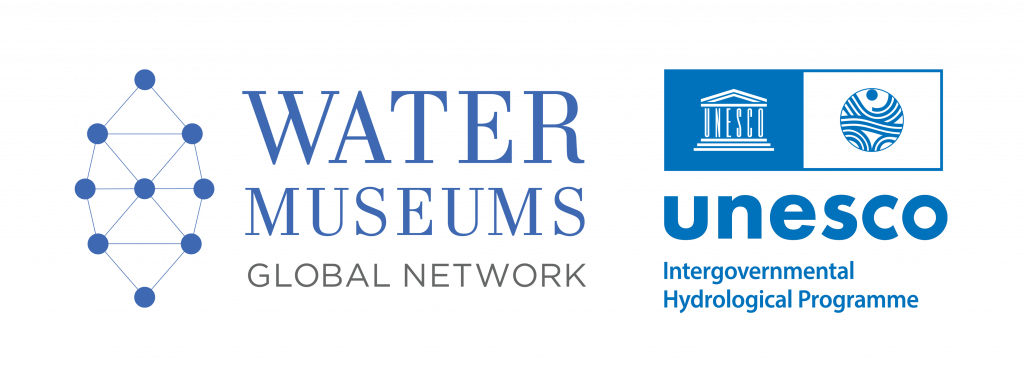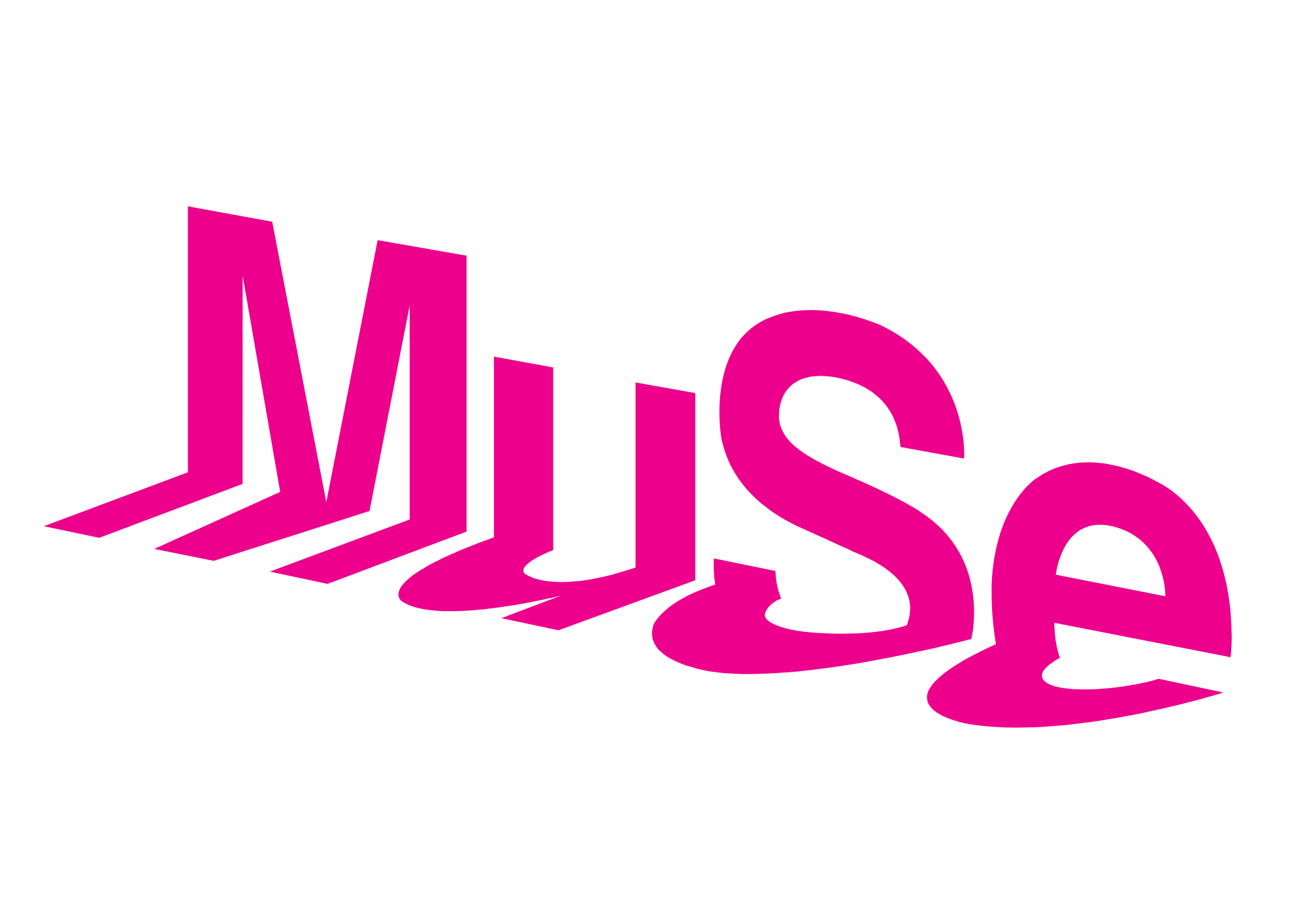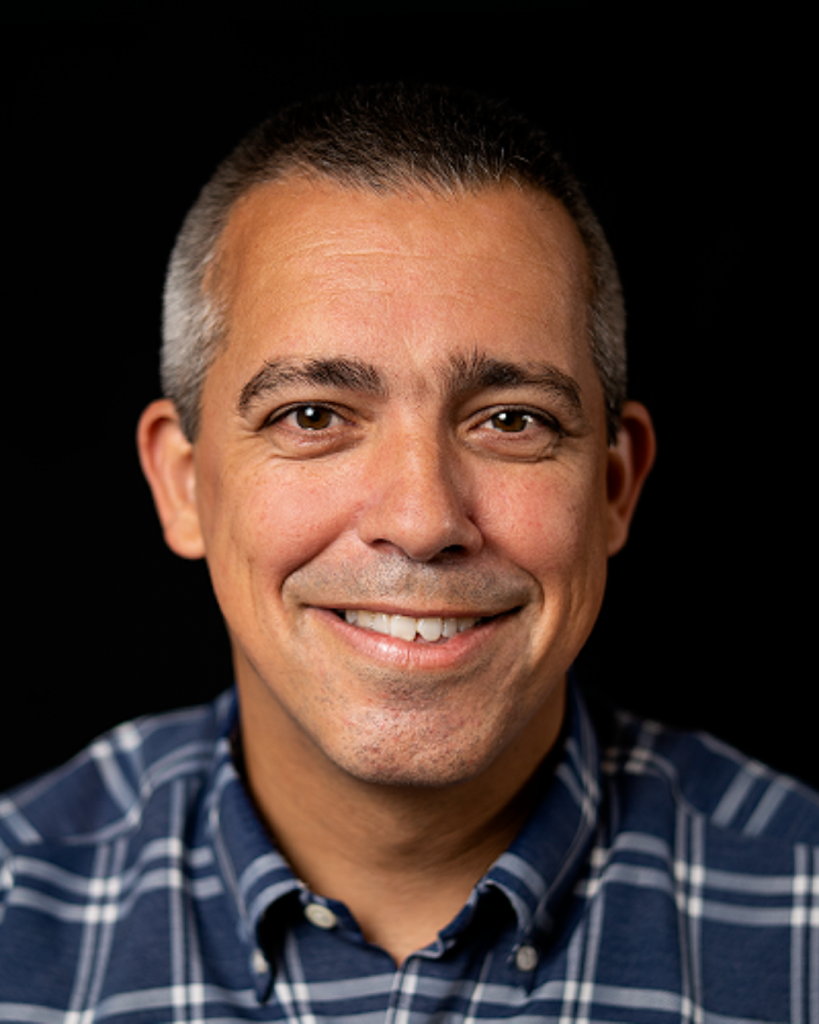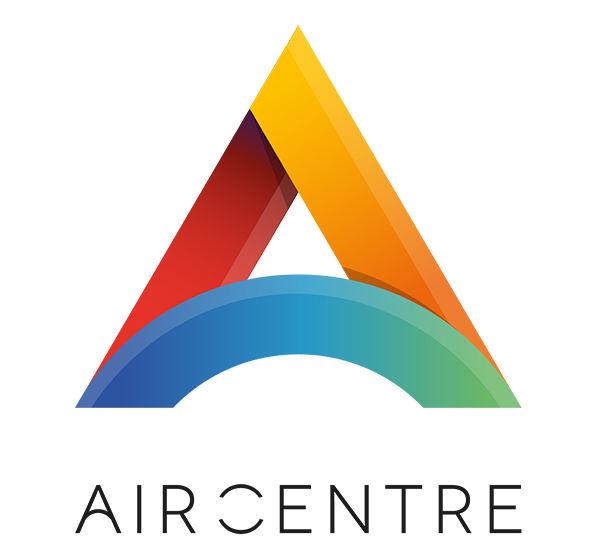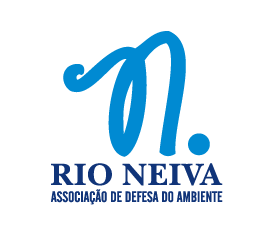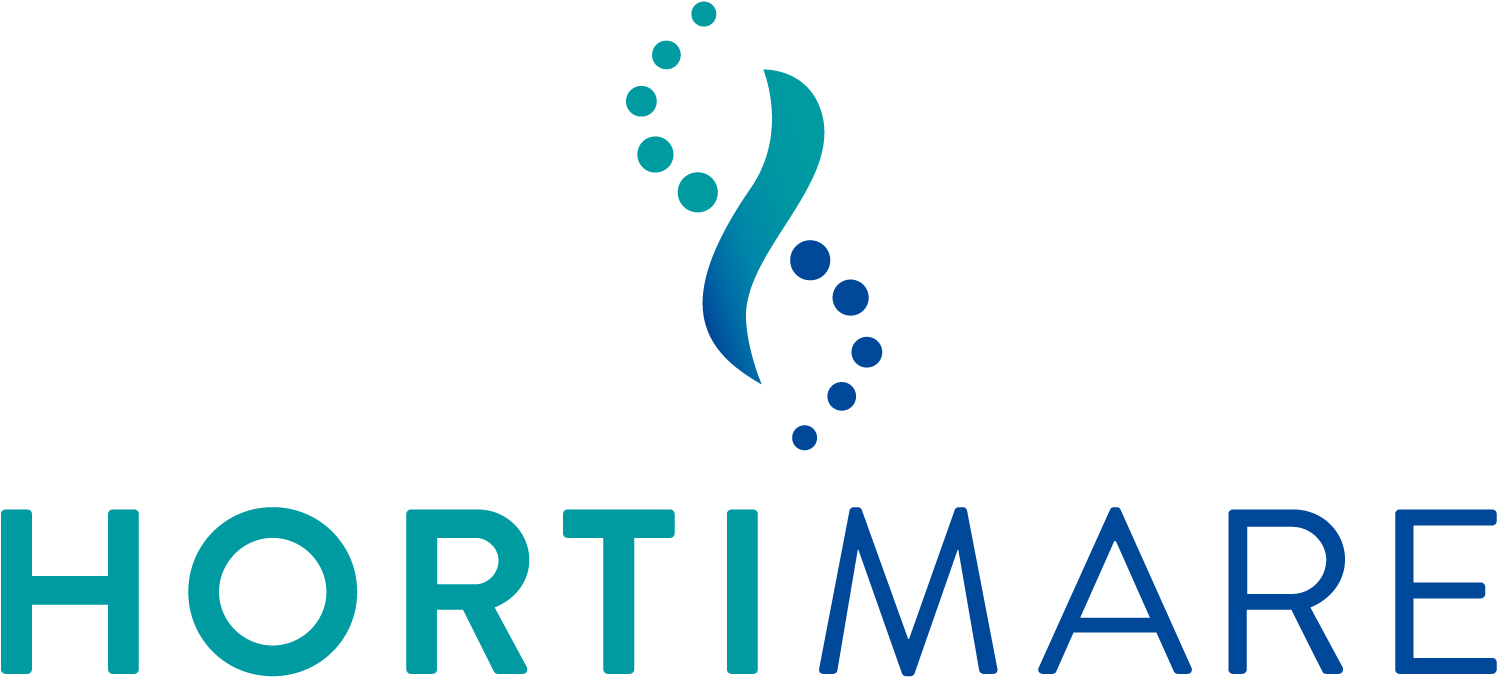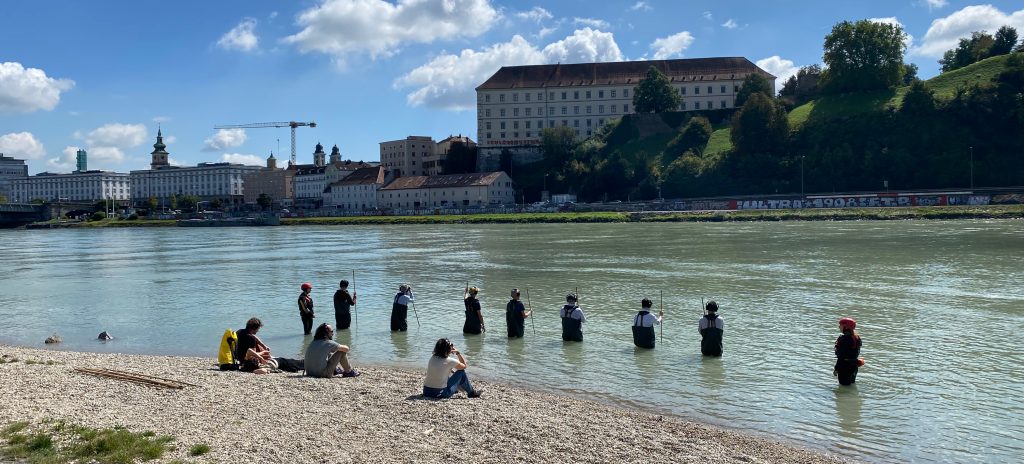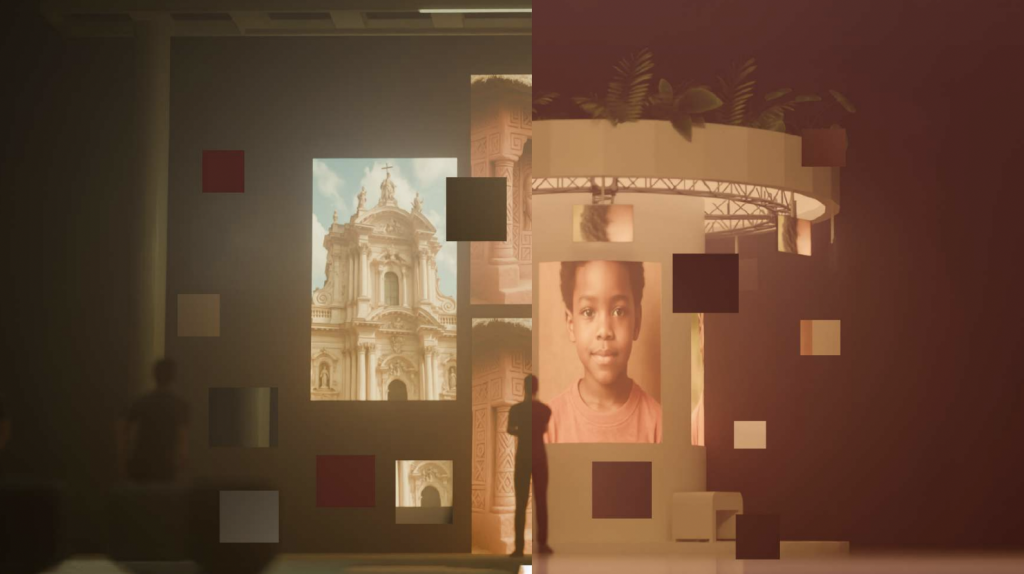S+T+ARTS AQUA MOTION – Water Innovation Labs
Members: Portugal | Italy | Austria
Contact
The Water Innovation Lab brings together a diverse group of experts, visionaries, and practitioners from across the quintuple helix, spanning science, technology, the arts, industry, policy, and civil society. Each member contributes unique perspectives and skills to co-create solutions addressing regional and global water challenges. Their collaboration within S+T+ARTS AQUA MOTION helps to identify priorities, spark innovation, and explore new ways in which creativity, research, and technology can shape more sustainable water futures.
+ Members

+ATLANTIC Lisboa
INOVA+
Rio Neiva
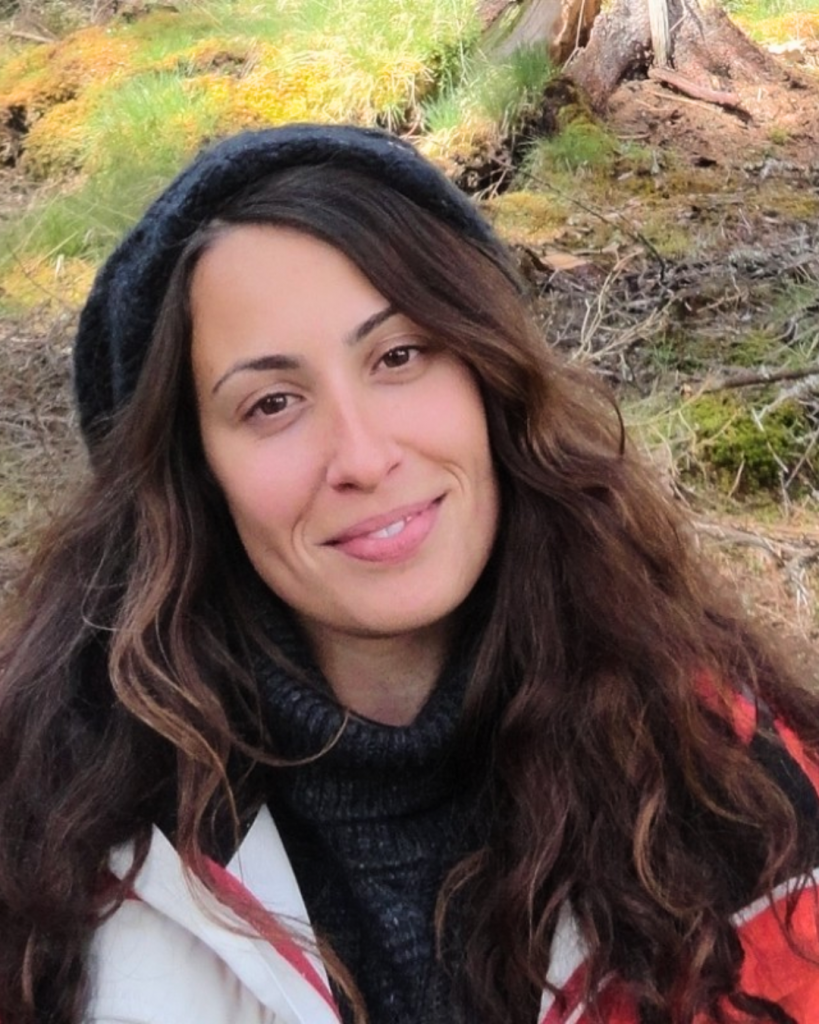
Bárbara Proença
Since my graduation in Marine Sciences, I got involved in several subjects related with oceanography. Those experiences taught me the importance of having different perspectives and to link the knowledge from different disciplines in solving problems.
My PhD on the interactions between salt marsh vegetation and sediment dynamics got me to discover amazing systems where living organisms, perfectly adapted to such harsh conditions, have key roles in maintaining our environmental equilibrium. I have since then considered intertidal habitats my centre of interest both in science and for the personal pleasure of observing.
By joining HAEDES, I aim to put at use my skills to connect the physical environment with its ecological significance and hence contribute to finding balanced solutions between nature and human activities.
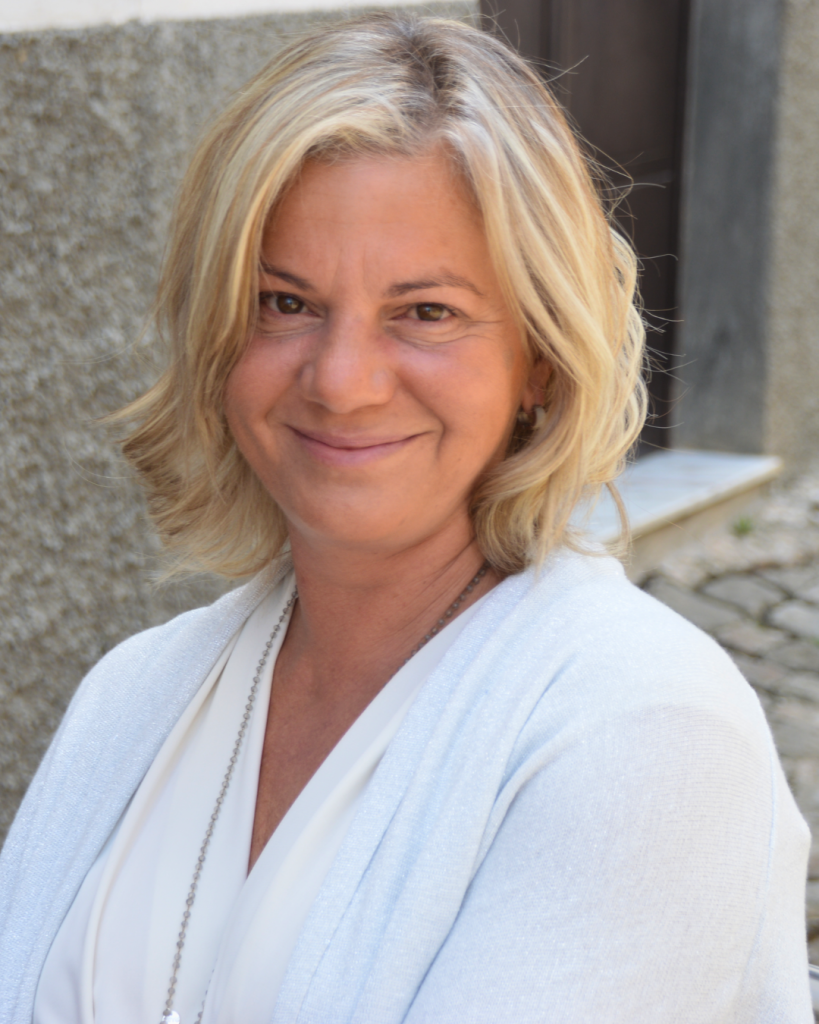
Raquel Costa
She is a Marine Geologist specializing in ocean education and literacy. Over the past 12 years, she has worked on ocean literacy (OL), leading the Portuguese Blue School network and co-coordinating the All-Atlantic Blue School network to promote cross-border ocean education initiatives. Her expertise includes teacher training, developing educational resources, and contributing as a reviewer for ocean literacy research. As a member of the IOC Ocean Literacy Group of Experts and a consultant for IOC-UNESCO, she supports global strategies and helps establish the Global Blue School Programme. She is also a member of the OLWA steering committee. Currently, she is pursuing a PhD in Science Education, focused on Blue Schools, aiming to advance the field by bridging research and practice.
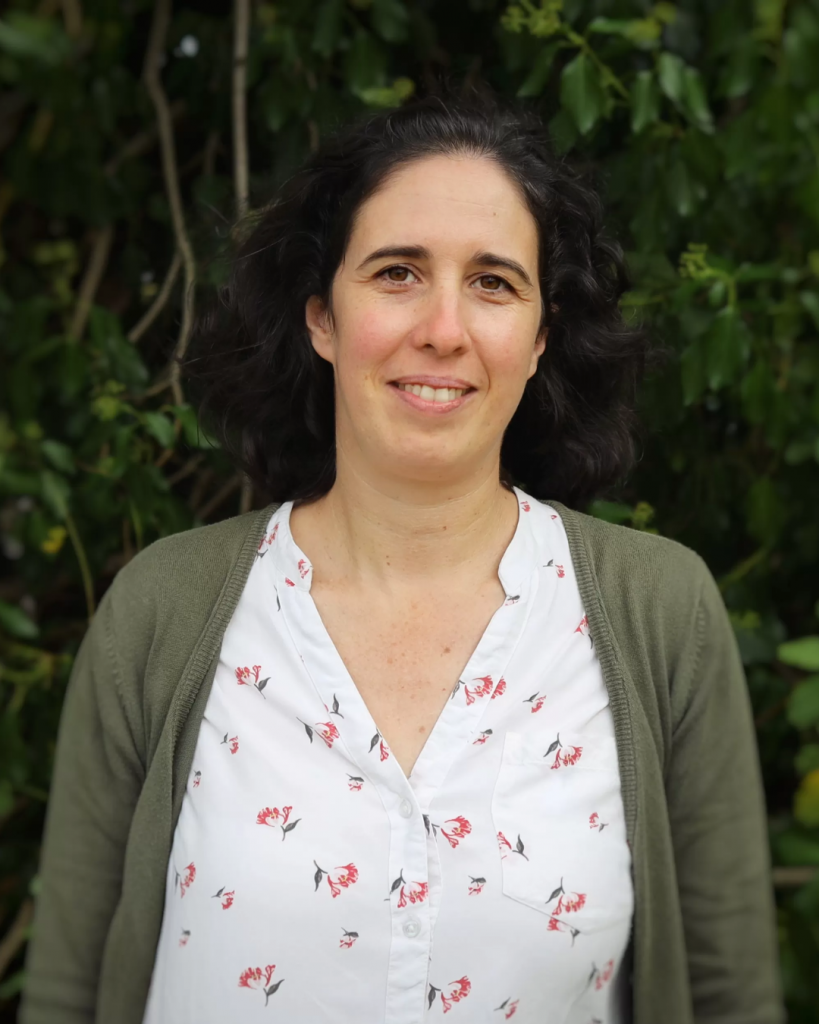
Sara Correia
Holds a degree in Environmental Engineering and a master’s degree in Sanitary Engineering from the NOVA School of Science & Technology. Currently works as a Policy Officer at ZERO, focusing on Water Resources. Has experience in project management and in monitoring national and European policies related to water and municipal waste management. Her interests include promoting sustainability, preserving water quality, and integrated water resources management.
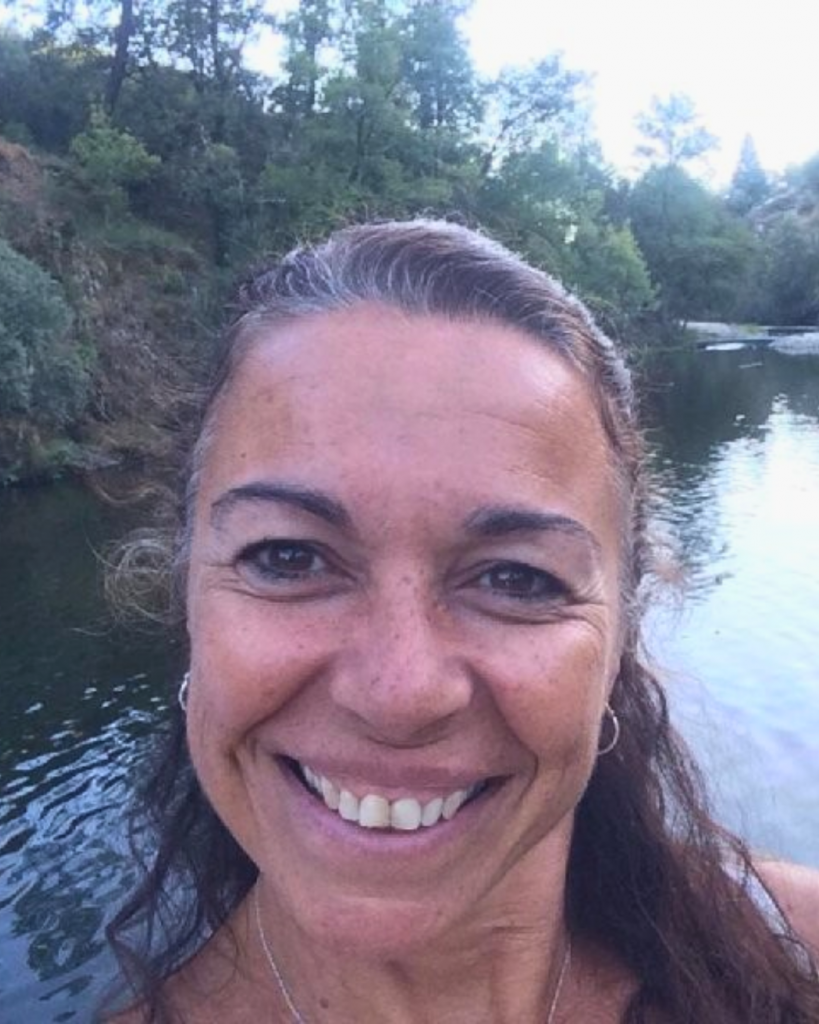
Teresa Álvares
Teresa Álvares is a Biophysical Engineering from the University of Évora (1993), Master in Hydraulics and Water Resources from the Instituto Superior Técnico (1997) with Advanced Studies in River Restoration and Management from the Technical University of Lisbon. Doctoral program jointly coordinated by the Instituto Superior Técnico, Instituto Superior de Agronomia, and the Faculty of Architecture, in collaboration with the University of California, Berkeley, and the Complutense University of Madrid (2011). For more than 30 years she has been developing his professional activity in the areas of planning, monitoring and management of water resources, in particular river and sediment monitoring and management; land use planning, namely coastal and reservoir planning; and information systems, including geographic information systems.
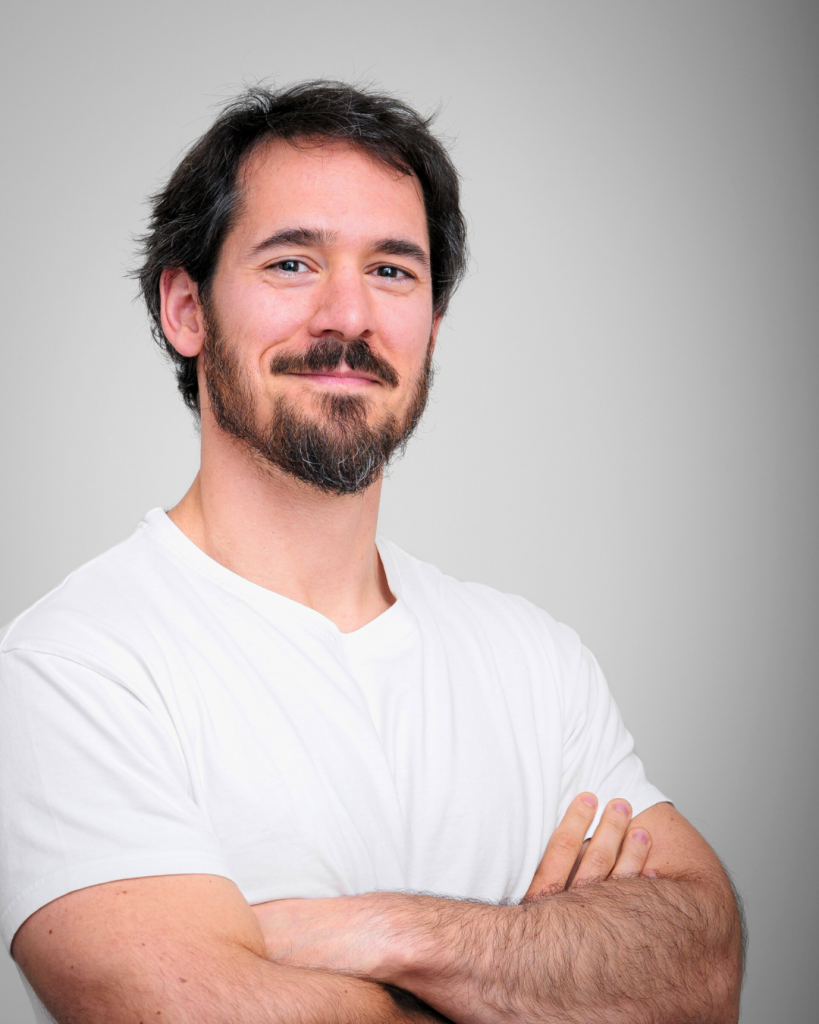
Abel
Distributed systems researcher and entrepreneur specializing in gaming and decentralized technologies. Based in Viana do Castelo, his technical expertise spans blockchain, CRDTs, and decentralized governance and consensus protocols. As co-founder of a pioneering North American blockchain gaming startup, he helped secure substantial funding while serving as CTO. Throughout his career of over a decade in software development, he has led multidisciplinary teams of both technical and creative specialists. As founding president of Viana do Castelo’s Tech Cooperative, he helped establish Portugal’s first technologically-focused cooperative structure.
Currently leading Xarp Reality Labs as CEO while conducting doctoral research in byzantine fault tolerant distributed systems, Abel explores decentralized architectures for resource management and governance. He’s also a hobbyist surfer, skipper and diver.
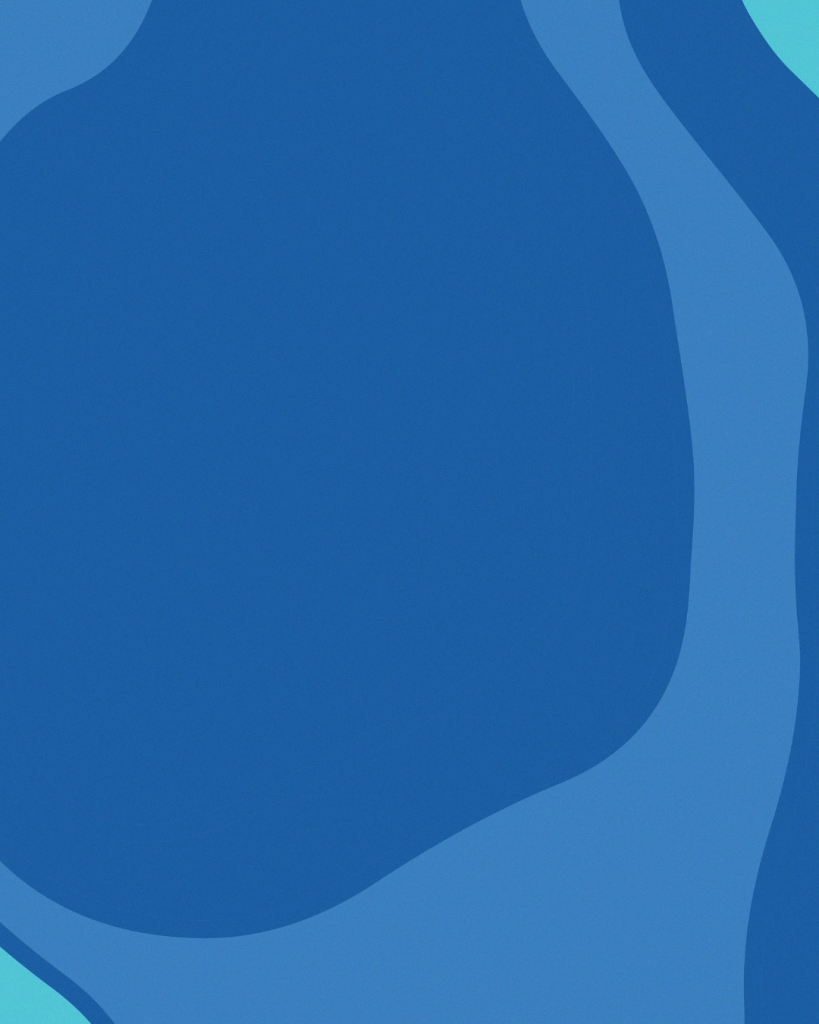
Helder
Helder Dias graduated in 1997 from the Fine Arts School of Porto with a degree in Painting. In 2002, he obtained a master’s degree in Digital Arts – Multimedia from the School of Arts at the Catholic University of Portugal. Since 1999, he has been teaching while simultaneously pursuing his career as an artist. He began teaching at the School of Arts and is currently a faculty member at the Polytechnic Institute of Viana do Castelo, where he coordinates the degree program in Visual Arts and Artistic Technologies. His areas of interest include drawing and digital arts, particularly research into interfaces and composition processes.
As a visual artist, he has participated in several projects involving collaboration with various performing arts disciplines, such as dance, theater, opera, and music. Since 2011, he has also curated numerous exhibitions—focusing on drawing, illustration, and photography—at a small gallery called Objectos Misturados in Viana do Castelo, where both national and international artists have showcased their work.
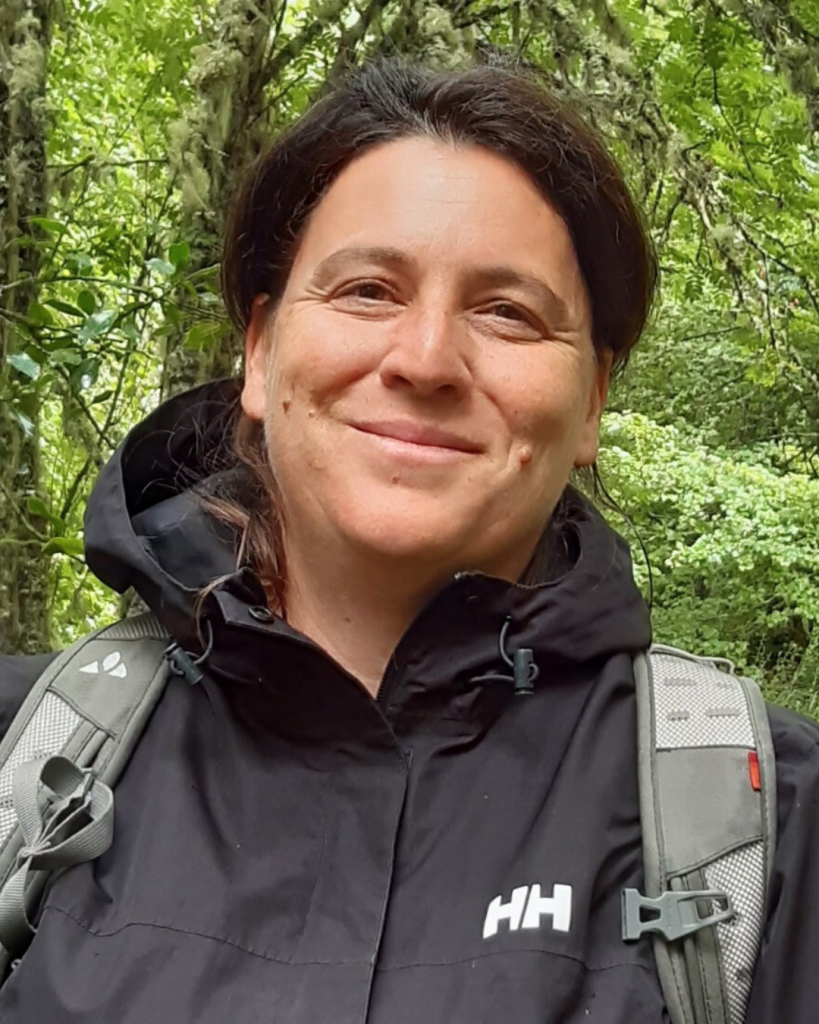
Isabel
Isabel Sousa is the founder and CEO of Explore Iberia, a company dedicated to nature tourism and sustainable travel in Northern Portugal. With over 20 years of experience, she designs and leads experiences that connect nature, culture, and community in a slow travel mode.
After starting her career in the public sector, she traded her office for the mountains of the National Park and has never looked back. She has guided travelers from all over the world through various protected areas, exploring ecosystems, historical paths, and our Rural World, promoting a more conscious and immersive way of traveling.
She is a trainer in accessible and inclusive tourism at the Viana do Castelo School of Hospitality and Tourism, and a guest lecturer in the Master’s program in Tourism and Innovation at the Viana do Castelo Polytechnic Institute. She also collaborates on projects related to territorial enhancement, nature conservation, and inclusion.
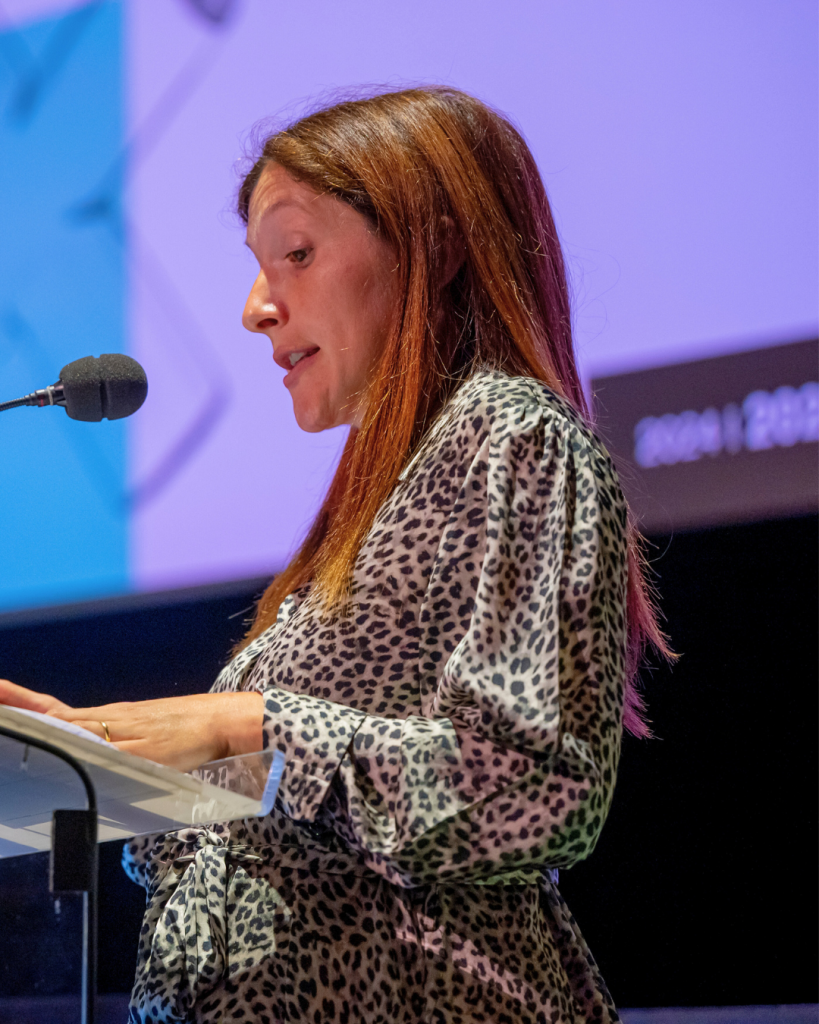
Jerusa
Jerusa Fátima Torres Lopes (born September 19, 1991) holds a degree in Basic Education, a Master’s in Teaching for the 1st and 2nd Cycles of Basic Education, and a postgraduate degree in Project Management. Throughout her professional career, she has balanced education, project management, and community development, with a strong connection to the territory and people.
She began her career in a youth association, where she took on management and coordination roles for projects aimed at youth and community development. Currently, she is the manager of the Viana STARTS project for the Municipality of Viana do Castelo, where she coordinates a multidisciplinary team focused on territorial innovation. Additionally, she works in community management at a local Parish Council, overseeing the areas of Education, Social Action, Culture, Sports, Associations, and Human Resources.
Her work reflects a continuous dedication to strengthening the social fabric and enhancing local dynamics. She has a particular interest in grassroots community work, always aiming to bring institutional structures closer to the real needs of the population.
Recently becoming a mother, she describes this experience as one of the most challenging and transformative projects of her life. This personal experience has further reinforced her commitment to creating closer, more caring, and participatory communities.
She is inspired by contemporary urban and social challenges and is ambitious to contribute actively to more engaged citizenship, where people participate in building solutions to the problems they face in their daily lives.
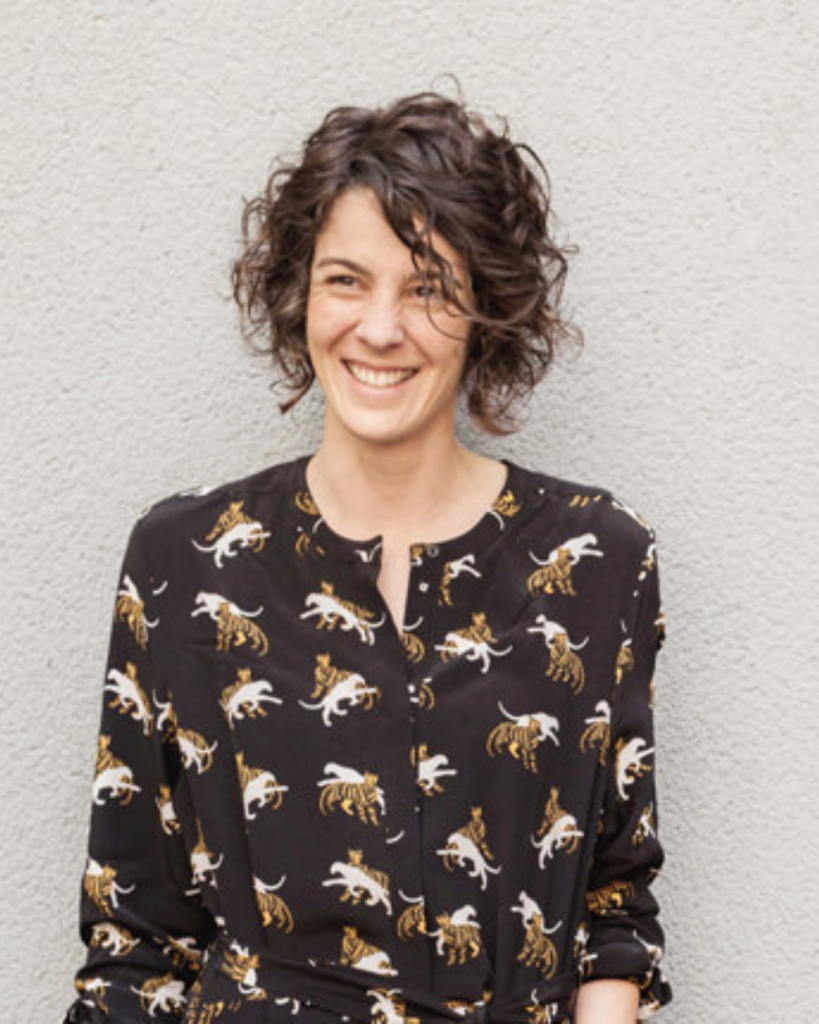
Joana Carvalho
Joana Carvalho (1980) is an architect and founder of the creative hub in Viana do Castelo, DINAMO10. She started this community with the belief that interaction and sharing are key factors for creativity, innovation, and success. After spending 4 years in Barcelona, she returned to her hometown in 2007 to found her architecture studio and, in 2010, created one of the first coworking spaces in Portugal, with the ambition to grow in impact rather than size. In addition to managing the creative hub, she is dedicated to architecture, integrating the creative architecture studio – jio studio architects. Since 2017, she has been part of the European Network of Creative Hubs, a community that promotes innovation through the cultural and creative sectors in Europe. In 2016, she co-founded Viana Tech Meetups, which aims to be a meeting point for technology sector professionals, where she connects with the creative sector. Since 2019, she has been a member of Creative Commons Portugal, where she seeks to implement projects relevant to the creative community, such as CC Local Point, an initiative of DINAMO10 in partnership with Creative Commons Portugal.
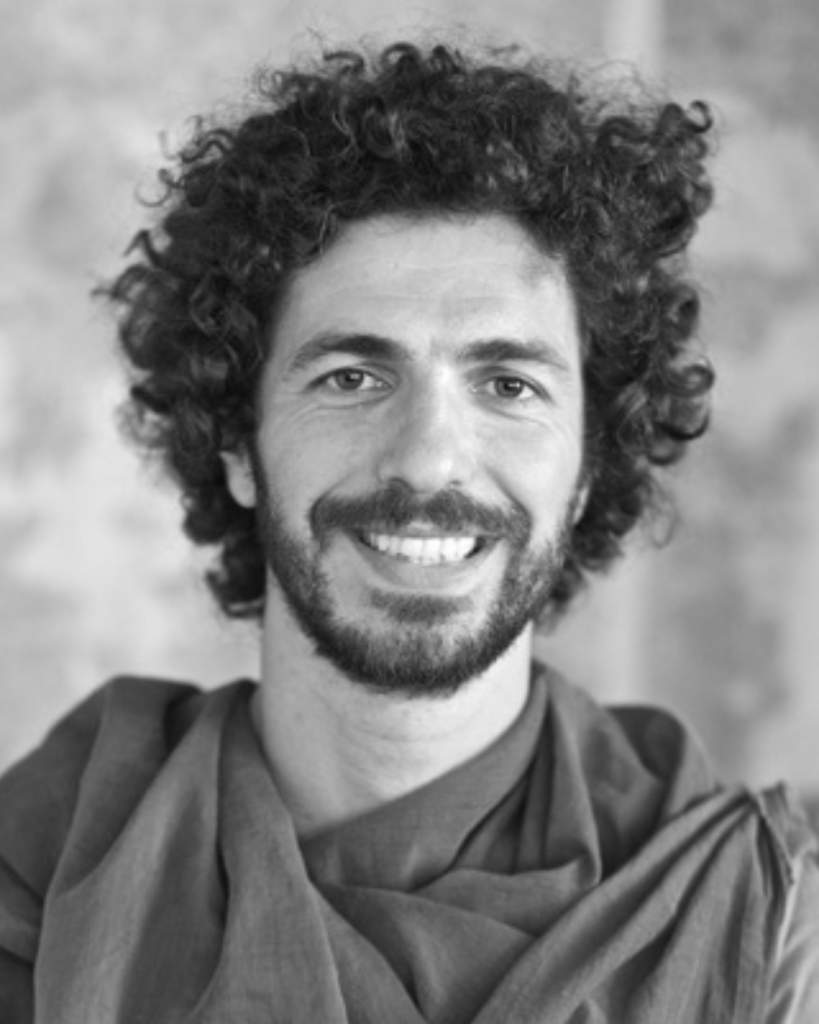
João Rosa
João Rosa is the director and co-founder of 4iS Social Innovation. At the University of Aveiro (UA), he studied Meteorology, Oceanography, and Climate and was a researcher at the Center for Environmental and Marine Studies. Since 2002, he has developed and coordinated volunteering and strategic development projects in the cultural, social, and higher education sectors. Notably, he was involved in the external evaluation process of UA by the EUA – European University Association and its strategic cooperation plan for knowledge development and transfer, where he was a member and writer of the steering committee. He co-founded the first Ibero-American network of higher education students and collaborated between 2009 and 2014 with UNESCO, OECD, ILO, and SEGIB in training youth to promote community-based local development projects in Latin America. He is a certified trainer in project management and non-formal education by the UNESCO Youth Department, and in education for human rights, intercultural dialogue, and active citizenship by the North-South Centre of the Council of Europe and the Network University of Amsterdam. He is also a co-founder of VivaCidade – dressing the city’s voids – a community participation project for urban regeneration through cultural-based intervention and cross-sector collaboration in the City of Aveiro. He is a co-author of the publication “Mapping New Forms of Civic Engagement in Europe” from the European program CitizensLab and co-author of the publication “Policy Brief on Social Cohesion in Europe” from the European program Dialogue On Europe. He is part of the strategic development team of the European program – Tandem Europe – Culture for Social Innovation & Tandem Regions of Solidarity, promoted by the European Cultural Foundation and MitOst. He was responsible for the mediation and community participation program for Aveiro’s bid to be the European Capital of Culture in 2027. He was part of the curatorial team for the Breaking Walls program of the Portuguese Capital of Culture Aveiro 2024.
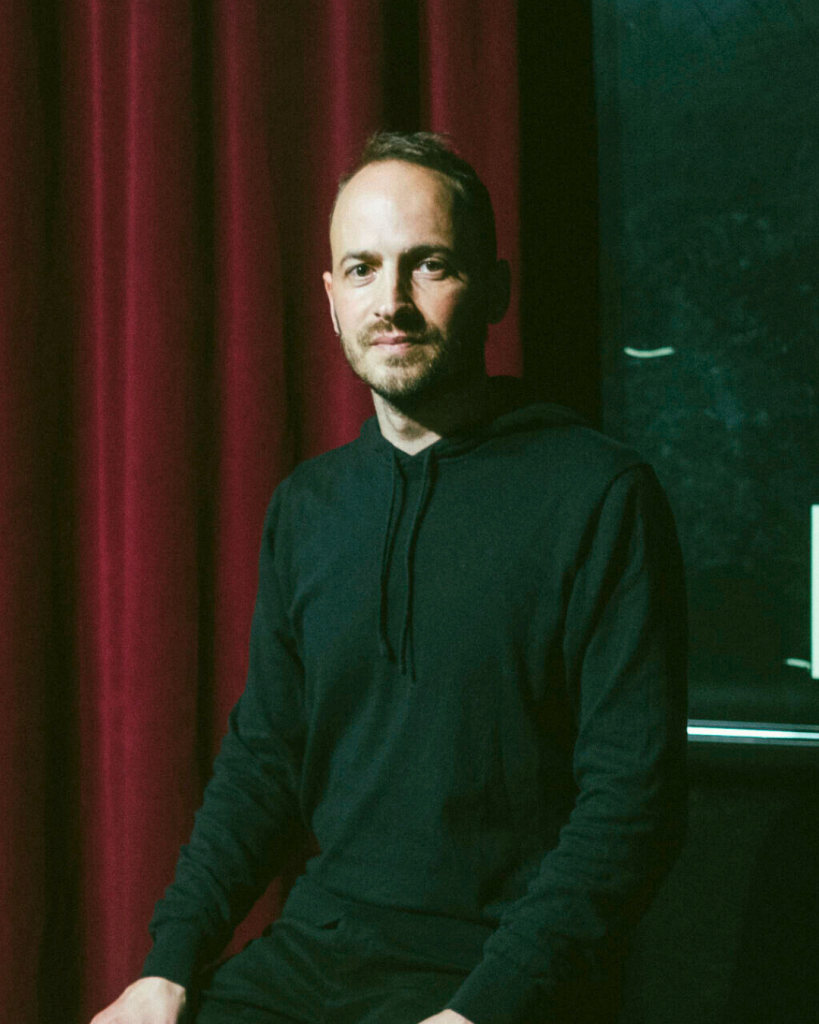
Luís Fernandes
Luís Fernandes (1981) is a musician and curator whose work focuses on exploratory music, sound, art and technology. He was lecturer at institutions such as Berklee College of Music, Elektra Montréal, Serralves, Off the page – The Wire, MAAT, and teaches at Universidade do Minho. He was artistic director of Semibreve Festival (2011-2023) and is currently the artistic director of Theatro Circo, gnration, Index – art and technology biennial, besides supervising the program of Braga25 – Portuguese Capital of Culture.
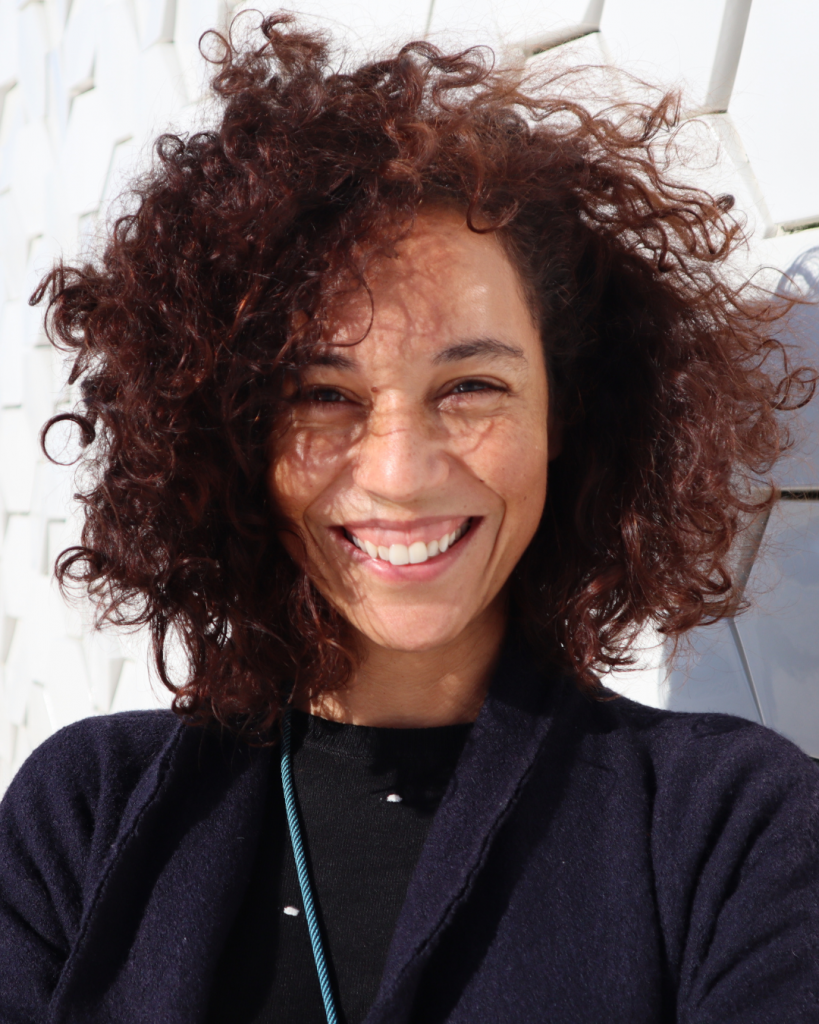
Marina Dolbeth
Marina Dolbeth is a marine biologist and researcher at the Interdisciplinary Centre for Marine and Environmental Research (CIIMAR). She holds a PhD in Biology from the University of Coimbra (2008), specialising in ecology and studying how biodiversity contributes to the proper functioning of the ocean. Throughout her career, she has worked with diverse biological communities, gathering knowledge to better understand the dynamics of estuarine and coastal ecosystems and how this information can support environmental management. She is currently focusing on the conservation and restoration of habitat-forming species such as seagrasses and marine forests and investigating their role as natural solutions to mitigate the impacts of human activities and climate change. In addition to her research activities, she is committed to promoting Ocean Literacy, giving lectures and organising educational activities, as well as scientific workshops for different audiences. She is also a member of the UNESCO ‘Ocean Expert’ Chair team, dedicated to ocean education. More recently, she has been collaborating on science-art interface initiatives. Her scientific work has been published in more than 80 scientific papers and book chapters in international publications.
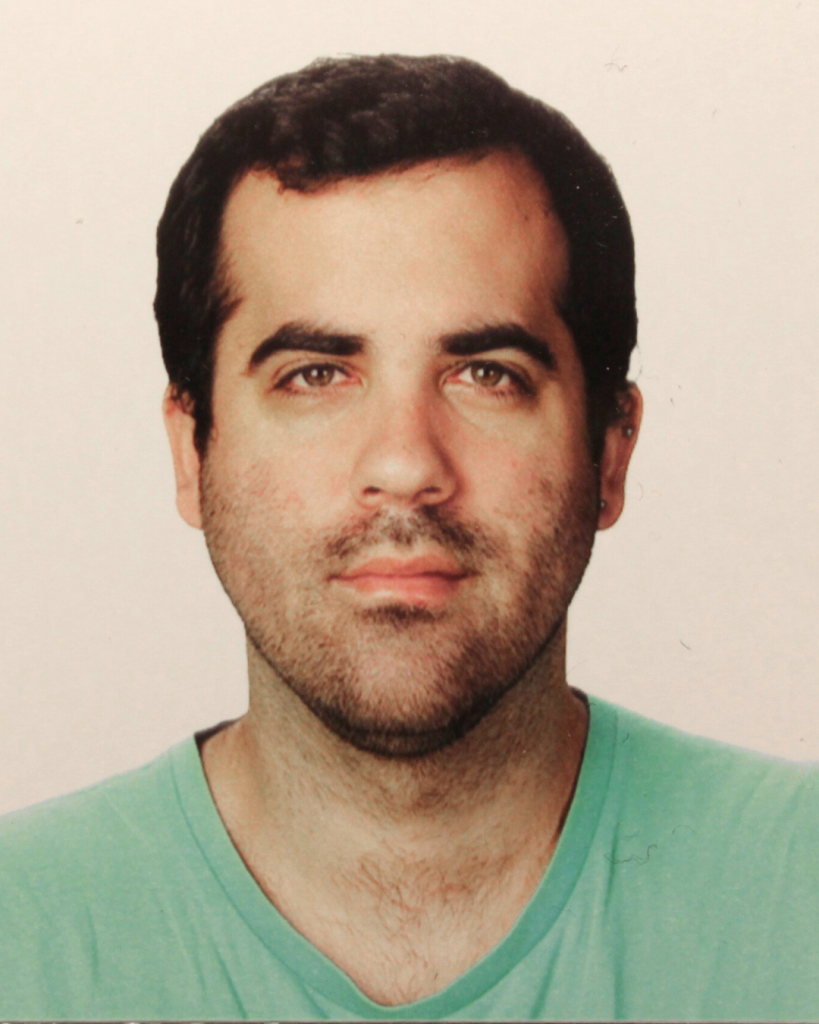
Rodrigo Carvalho
Rodrigo Carvalho (Porto, 1983), a designer & new media artist from Porto/Portugal. Graduated in Design (U. Aveiro, 2005), Master Degree in Digital Arts (U.Pompeu Fabra, Barcelona,2009), and Phd in Digital Media (U. Porto/UT Austin Colab, 2018).
His work on live visuals, coding and interactive art involves a wide range of different outputs, from digital screens artwork, interactive installations, audiovisual live acts, or interactive visuals for stage performance. He has presented work in many events worldwide as: Sonar Festival (Barcelona), MutekEs (Barcelona), Echo(Dubai), Stereolux (Nantes), Iminente (Lisboa) among others. He is also the visual side of BorisChimp504 and co-founder of Openfield creative studio.
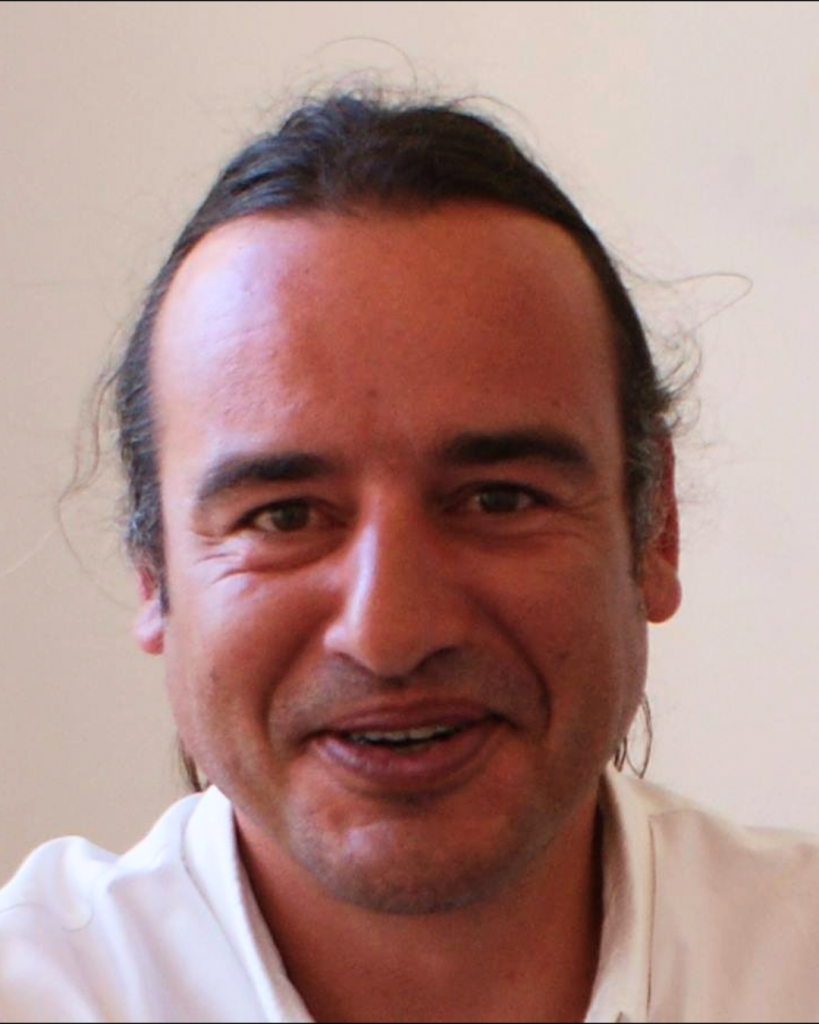
Vasco Ferreira
Vasco Ferreira holds a degree in Applied Biology and a Master’s in Environmental Sciences. With a career in marine environmental consultancy, he has played a role in the management and conservation of marine protected areas, contributing both to the formulation of strategic management plans and the assessment of their ecological benefits.
His expertise spans over 30 projects dedicated to environmental monitoring, nature conservation, science and technology, and ocean literacy. As an author, he has published four books and contributed to scientific conferences and esteemed international journals. Presently, he serves as the coordinator of the support structure for the Co-management Commission of the Northern Littoral Natural Park, where he continues to drive forward the sustainable stewardship of marine ecosystems in Portugal.

MUSE
WAMU-NET
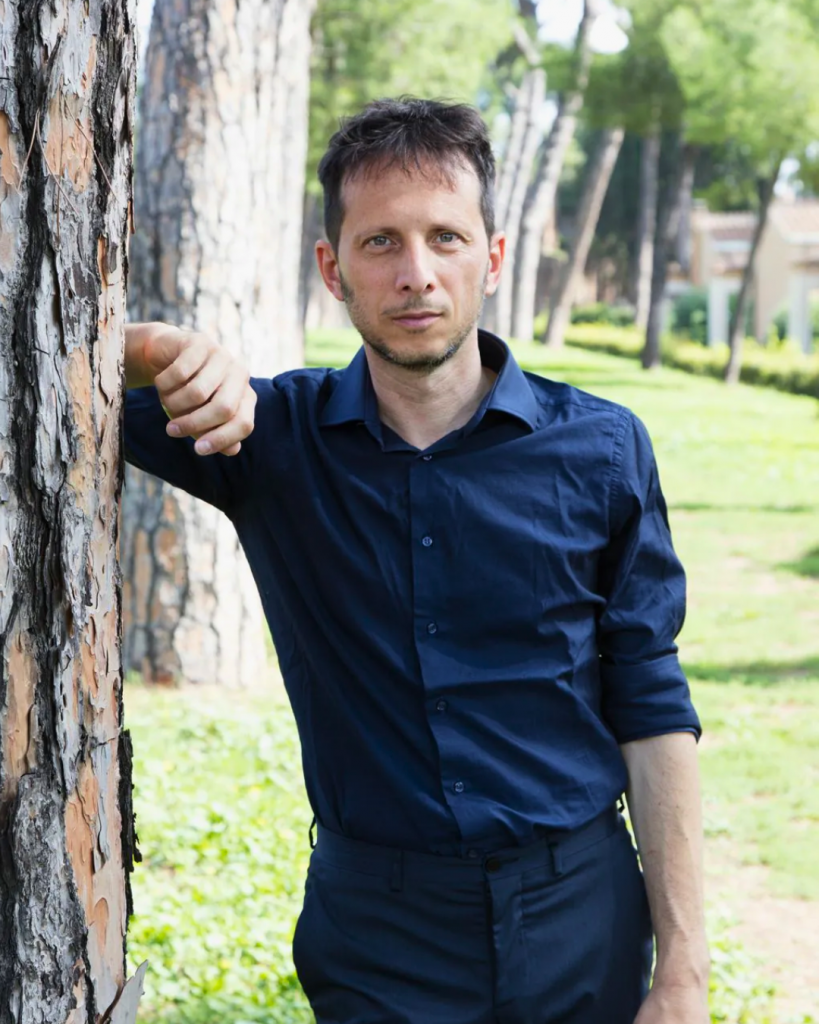
Riccardo Ventury
Riccardo Venturi teaches Theory and History of Contemporary Art at the Department of Arts plastiques at Paris 1 Panthéon-Sorbonne University. He deals with the relationship between visual arts and environmental humanities.
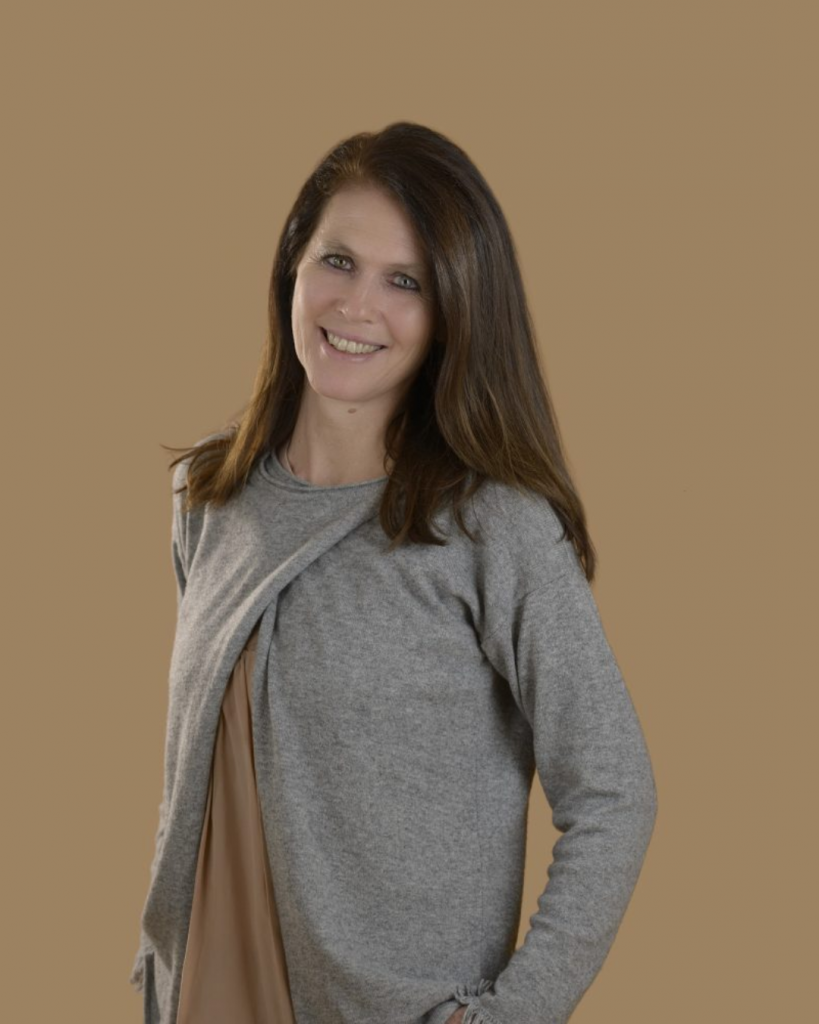
Valeria Lencioni
I am a biologist focused on invertebrate taxonomy, hydrobiology and stress ecology, author of 96-ISI papers. Fashinated by extreme habitats in the Alps, Karakorum and Arctic, I am studying the vulnerability to environmental changes of freshwaters, with an holistic approach from gene to ecosystem. My research topics: ecology of springs, lakes and streams; effects of climate change on alpine biodiversity; adaptive biology of cold-adapted insects; response of invertebrates to thermal stress and pollution; ecosystem services analysis related to water resources.
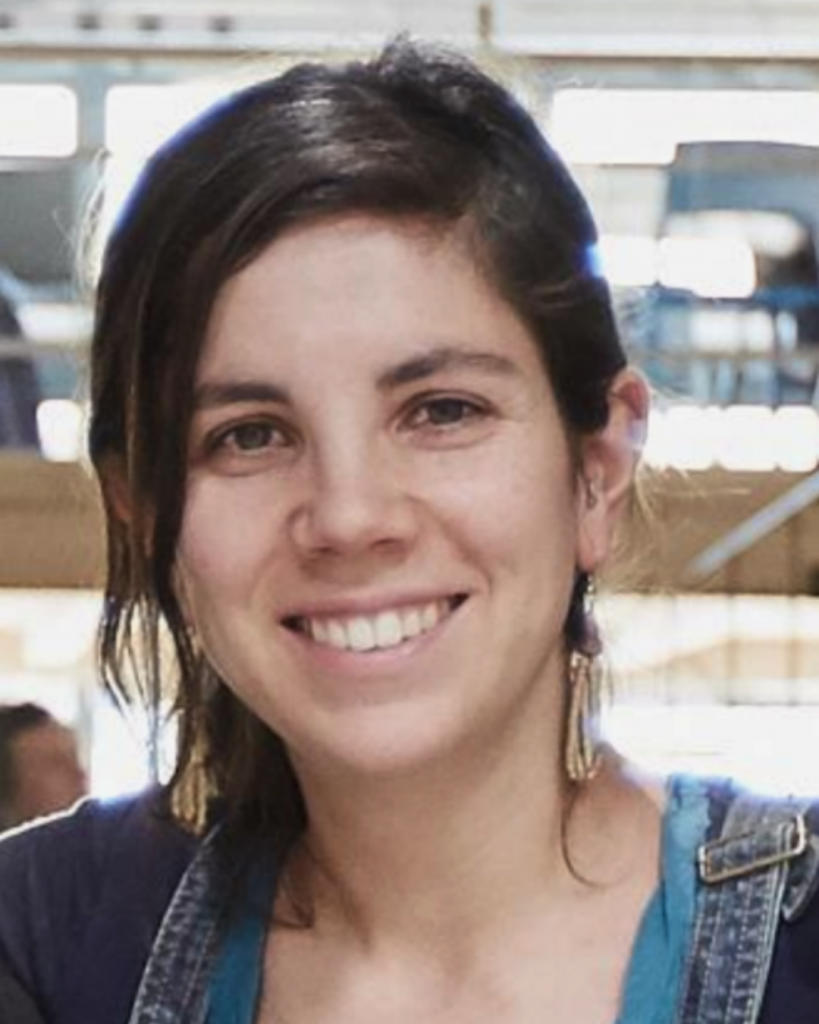
Carmen Gonzalez
I am an environmental engineer with a Master of Science in International Environmental Policy. Since 2017, I have been working in the field of environmental education with various associations in the Trentino region of Italy. I was part of the founding group of La Foresta, and from the very beginning, I have been actively involved in its co-creation process. Within my organization, my work includes group facilitation, project writing, and managing several projects within the eco-social field.
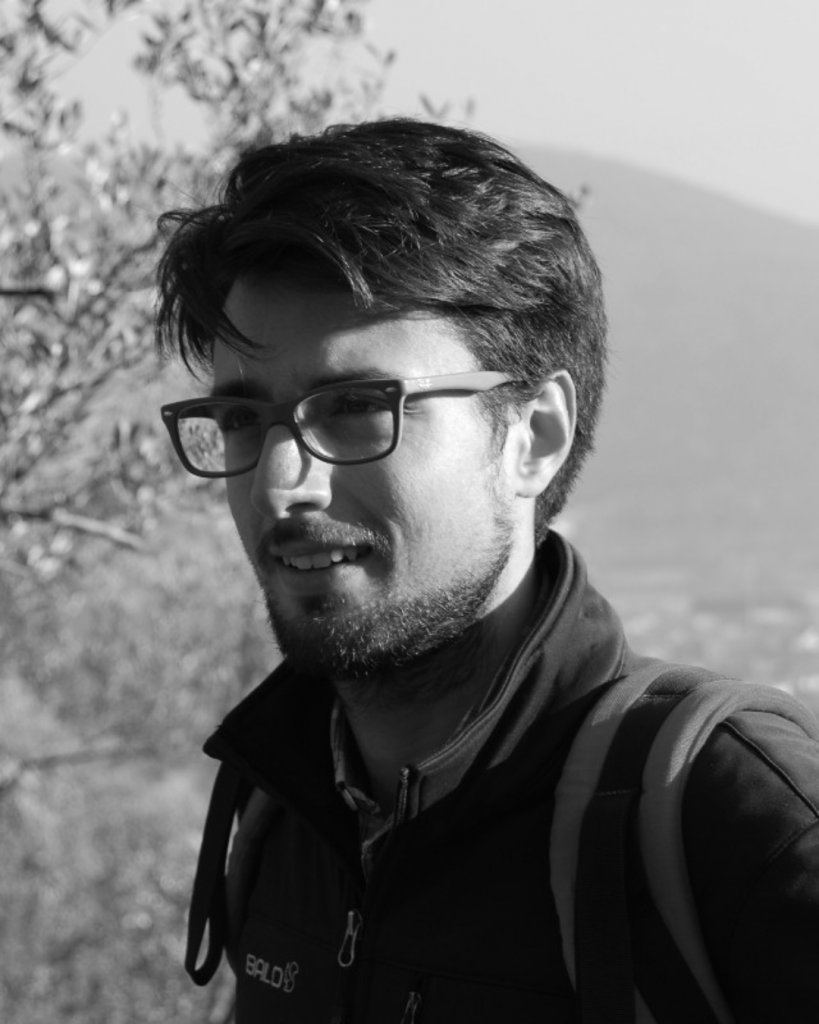
Francesco Natalini
Forestry PhD and technician at the managing body for the integrated water cycle in the province of Brescia, Acque Bresciane srl SB. With a strong focus on the relationship between humans and nature, I have explored topics such as environment, landscape, water, and sustainability in both academic and professional contexts. I have worked in complex settings that bring together human expertise, roles, and territorial perspectives. In STARS Aqua Motion, I support the artists with my technical and management experience, fostering a creative dialogue between science and the local area.
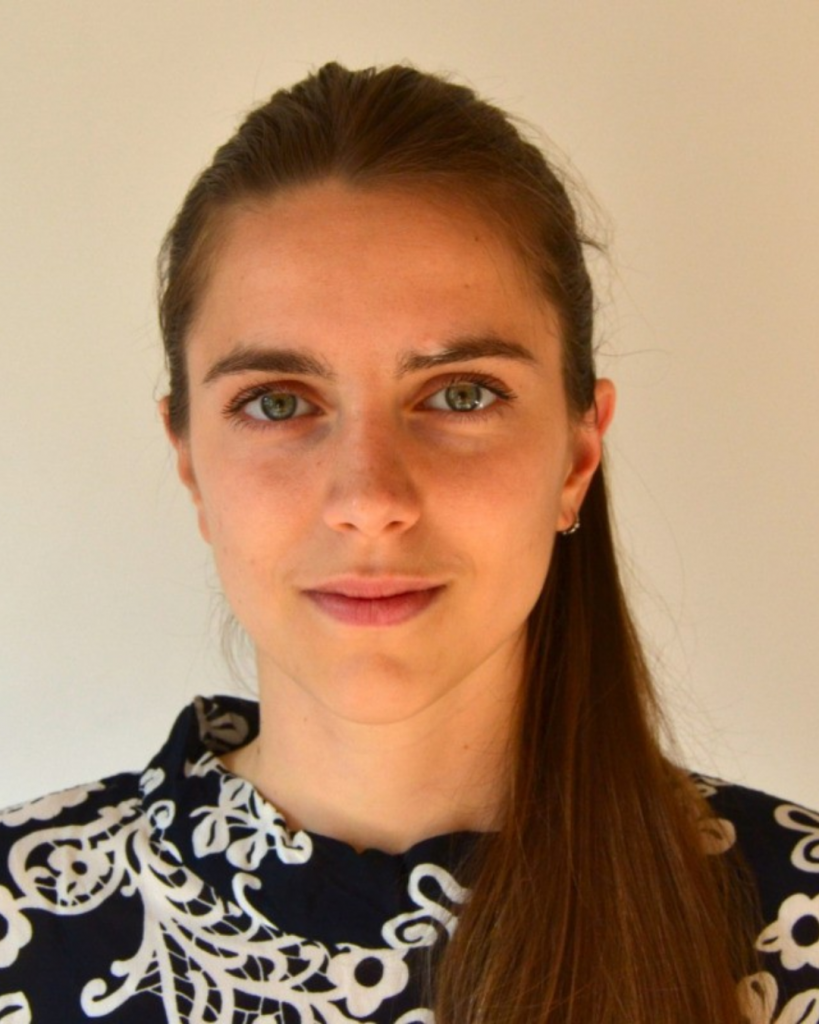
Ana Paola Lonardi
Anna Paola holds a bachelor’s in civil engineering and a double degree in environmental meteorology from the Universities of Trento and Innsbruck. During her master thesis she did an assessment of hydrological droughts using multivariate statistical methods in a highly regulated catchment. In Waterjade she handles technical works but she is also in charge of marketing and sales actions thanks to academic expertise combined with her past professional experiences
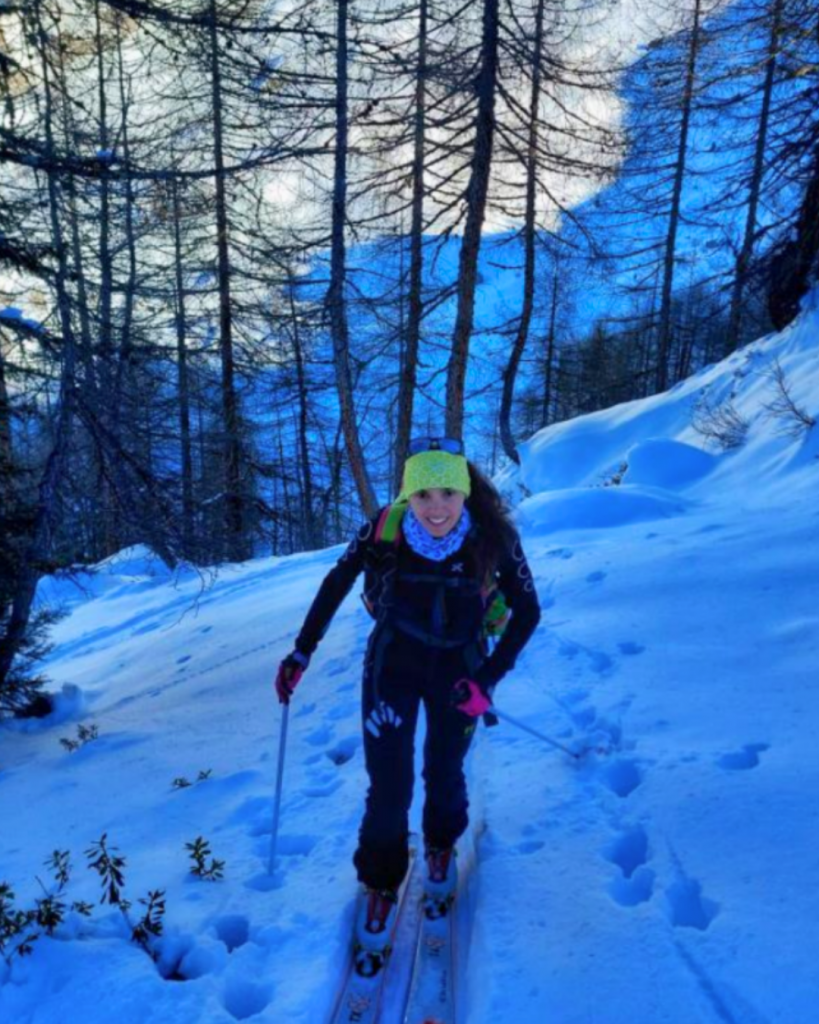
Stefania Sansone
Stefania Sansone is an environmental engineer, PhD, deeply interested in hydrogeological hazards. She works at the Service for Torrent Control of the Autonomous Province of Trento, a public agency whose main tasks consist in:
(i) designing, constructing and maintaining active defense measures against alluvial hazards,
(ii) handling communication on hydraulic hazards and strategies for managing the hydraulic risk, and
(iii) preparing, verifying and updating the hydraulic hazard maps.
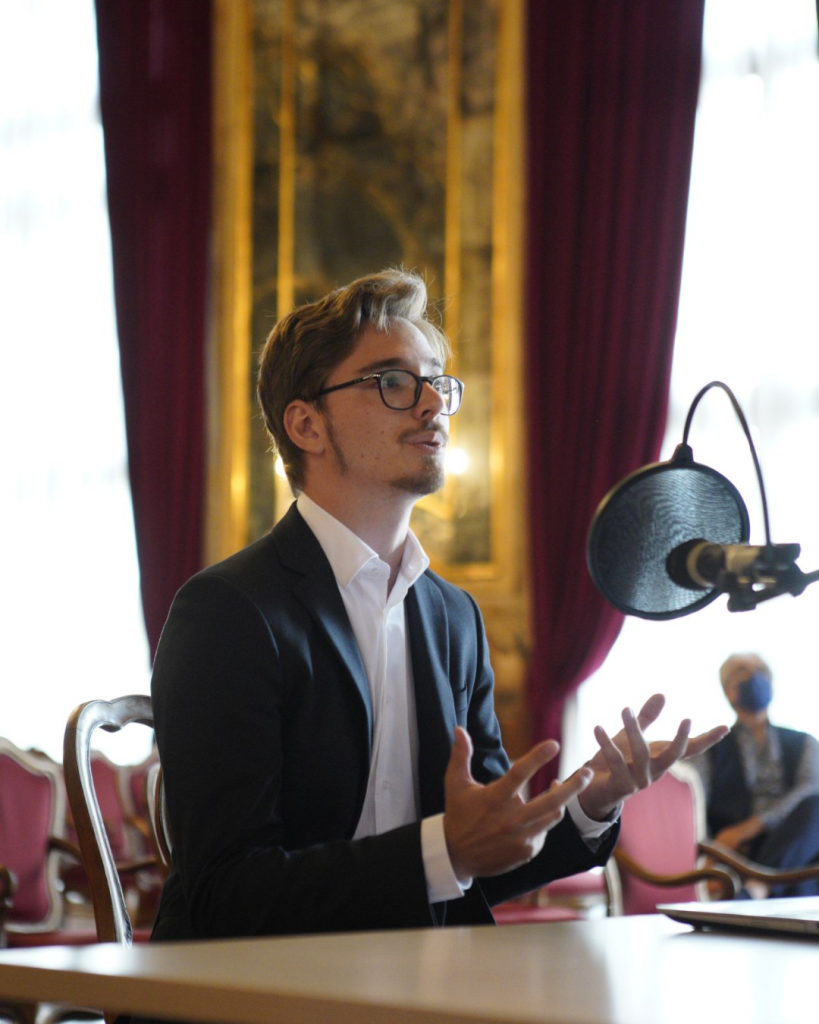
Francesco Munari
Francesco Munari is an interdisciplinary economist from Padua, coming from a family of designers. From a young age, he worked in international art exhibitions, leading him to pursue university studies combining economics, culture, and the environment, focusing on sustainable water development. His academic path earned him two-degree awards and introduced him to the WAMU-NET Network. For the past two years, he has been a manager at a company promoting the digitalization of cultural and natural heritage sites.
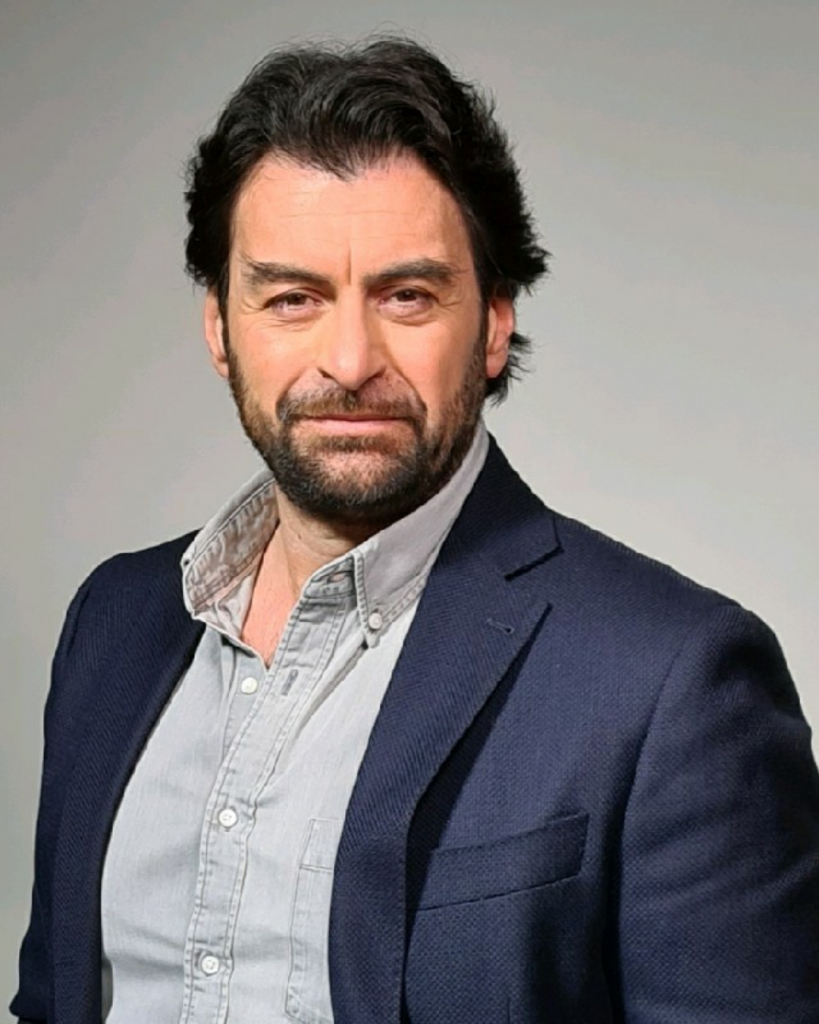
Marco Merola
Freelance journalist, Merola has reported globally on technology and climate change. Contributor to major magazines (GEO, National Geographic, Focus, BBC Science), he launched the project “Adaptation” with the Venice Centre for Climate Studies. TEDx speaker and Audible talent, he teaches climate communication at Politecnico di Torino and the University of Siena. In 2024 he became consultant for CREA; in 2025, Associate Academician at Accademia dei Georgofili.
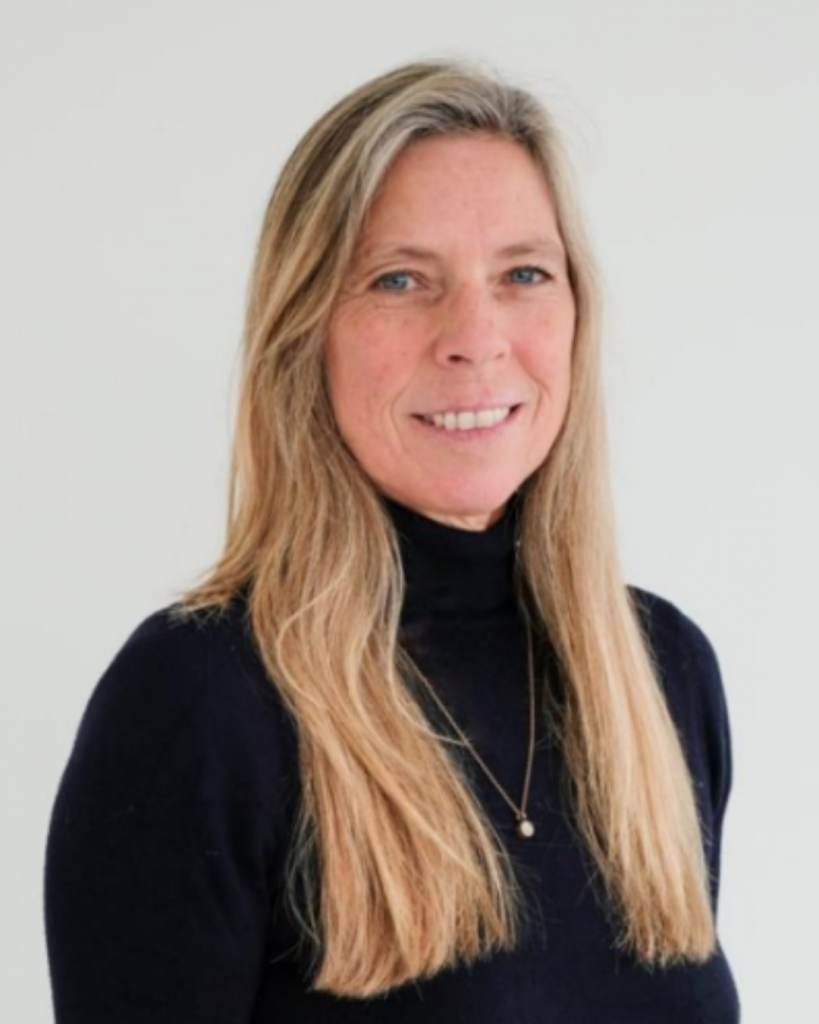
Pia Parolin
Pia Parolin is a biologist (PhD in tropical ecology), photographer, and book author. Born in Italy, after decades of Amazon research with the Max-Planck-Institute, she documents environmental change and human-nature interactions, focusing on water. She merges science and visual storytelling. Her photographic work is exhibited worldwide. She was convened to the German Society for Photography DGPh and to the Leica Academy Germany. Based in Germany, France, and Italy, she works internationally.
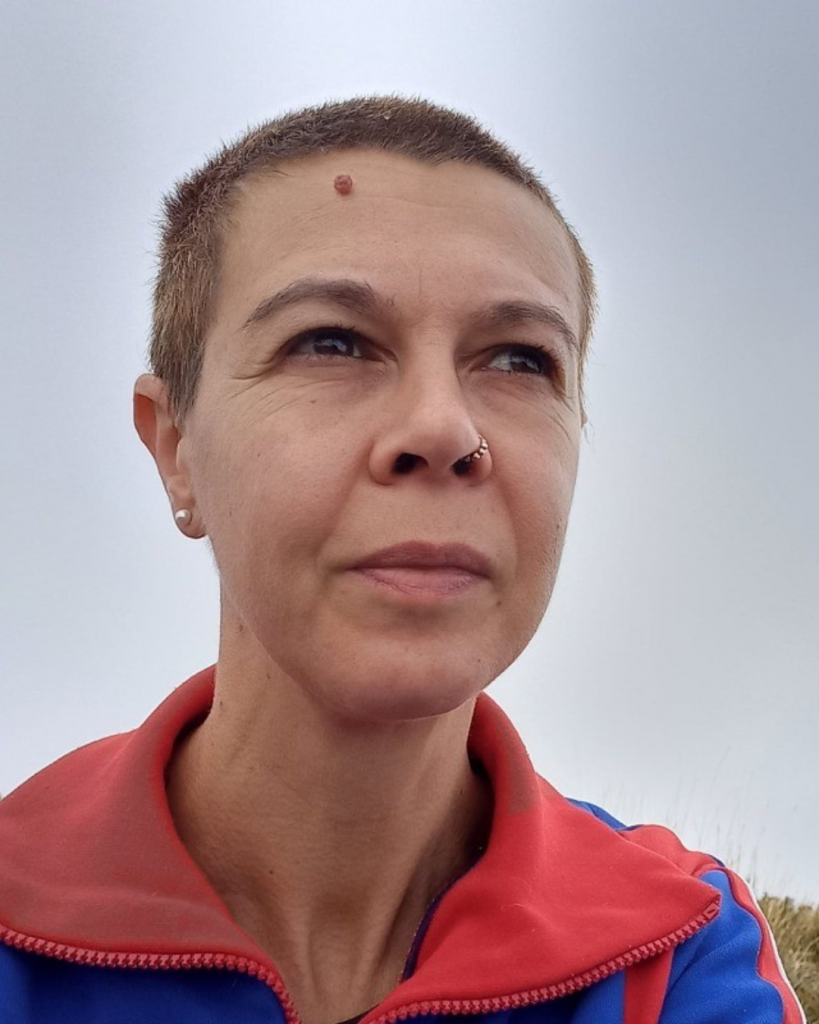
Anna Brusarosco
Anna Brusarosco is a Research Fellow at the University of Udine (Italy), focusing on participatory water governance and repopulation dynamics in mountain areas. In 2011, she earned her PhD in Geography, studying rural development in post-war Bosnia Herzegovina. Her past research includes climate change, rural development, water management, migrations, and sustainability. She holds a master’s in environmental sciences from Ca’ Foscari Venezia, where she studied the impact of large dams on sustainable development in Morocco.
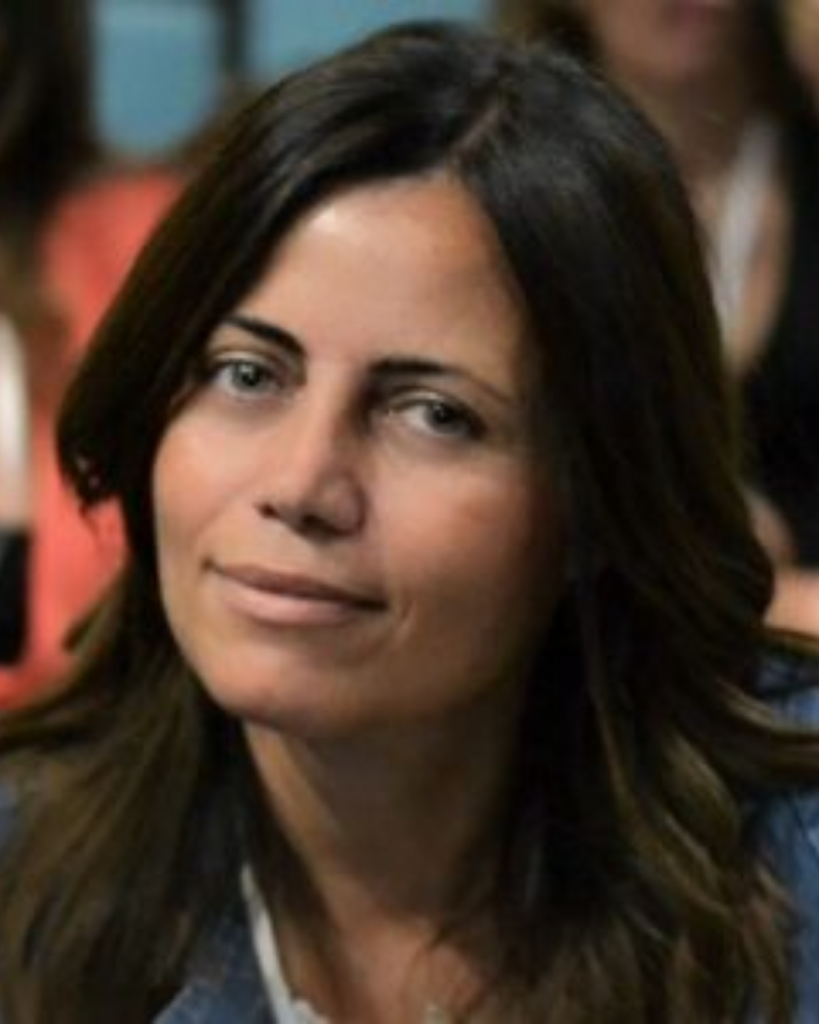
Raffaella Pergamo
Raffaella Pergamo is a senior researcher at the Council for Research and Agricultural Economics Analysis, working at the Ministry of Agriculture (MASAF) on rural development policy and the implementation of the CAP in Italy. Since 2022, she comanages agreements on modernizing and improving Italy’s agricultural water infrastructure. Her research includes economic analysis of supply chains, agro-food sustainability, precision agriculture, circular economy, and biodiversity protection. She is a member of several professional associations.
WAAG
Hortimare
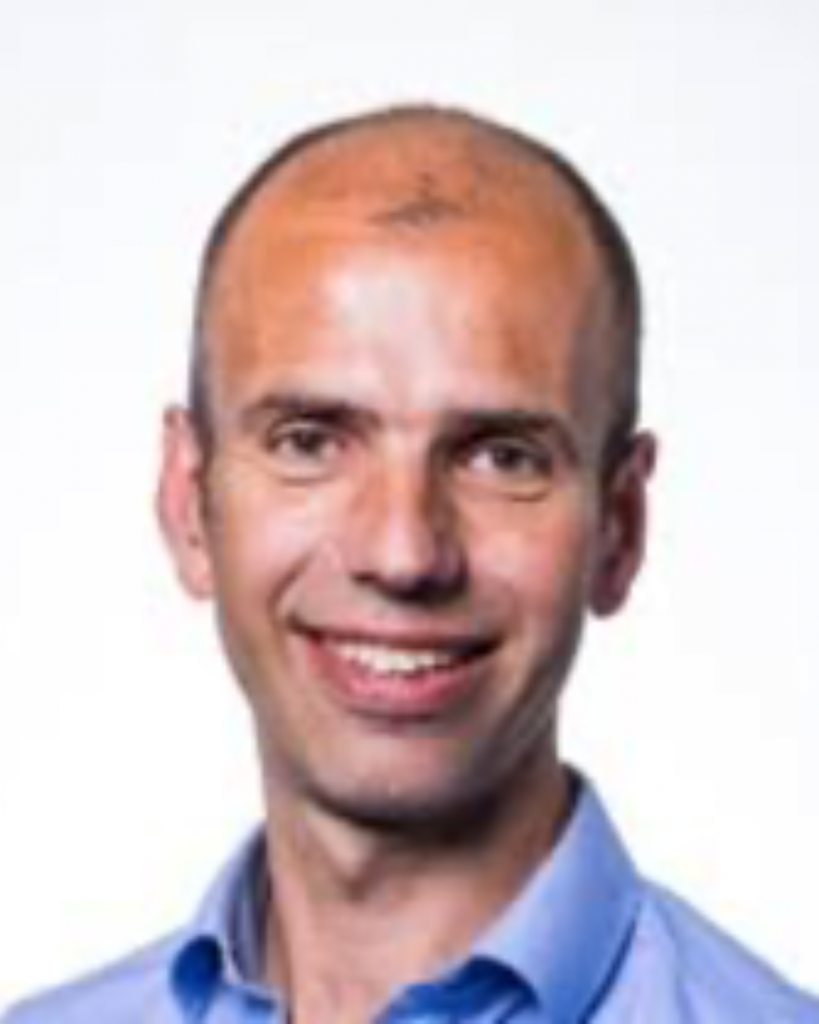
Lennart Turlings
Lennart Turlings is an ecologist from the Netherlands with over 24 years of experience at Witteveen+Bos, a global engineering consultancy firm with Dutch roots. Since 2021, Lennart has been manager of the Ecology business unit within Witteveen+Bos, which consists of 50 ecologists. The projects Lennart works on cover the broad field of ecology and water management. For example, he is currently project leader of a five-year project that is researching the recovery of seagrass in the Dutch Wadden Sea, Grevelingenmeer and Veerse Meer. He is also working on Natura 2000 management plans and evaluation studies of the Water Framework Directive. Lennart regularly collaborates with civil engineers on projects, such as dike reinforcement projects. An appealing example is the design of the reinforcement of the Hondsbossche and Pettemer Zeewering, where a sandy reinforcement has been realised combined with a new nature and recreation area.
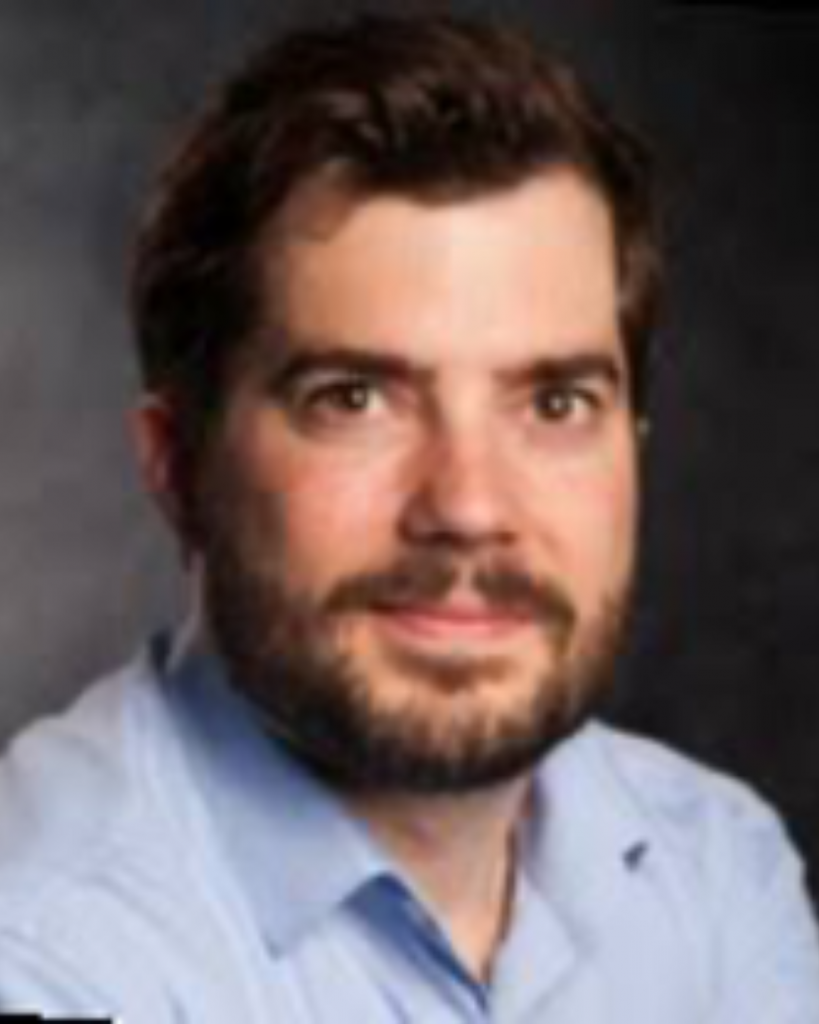
Daniel Dusseljee
Daniel Dusseljee is a hydraulic engineer from the Netherlands with over 15 years of experience at Witteveen+Bos, a global engineering consultancy firm with Dutch roots. He has a strong relationship with water, and specialised in studying the hydrodynamics of our oceans and seas, as well as the morphological behaviour of our coastlines. Daniel employs marine numerical models to design engineering solutions that are fit for purpose. Throughout his career, he has worked on various marine and coastal engineering projects worldwide, including land reclamations, flood protection, and innovative renewable energy projects. In his role, he explores the connection between engineered structures and natural systems, focusing on effective water management and ecological care, which aligns with the themes of this challenge.
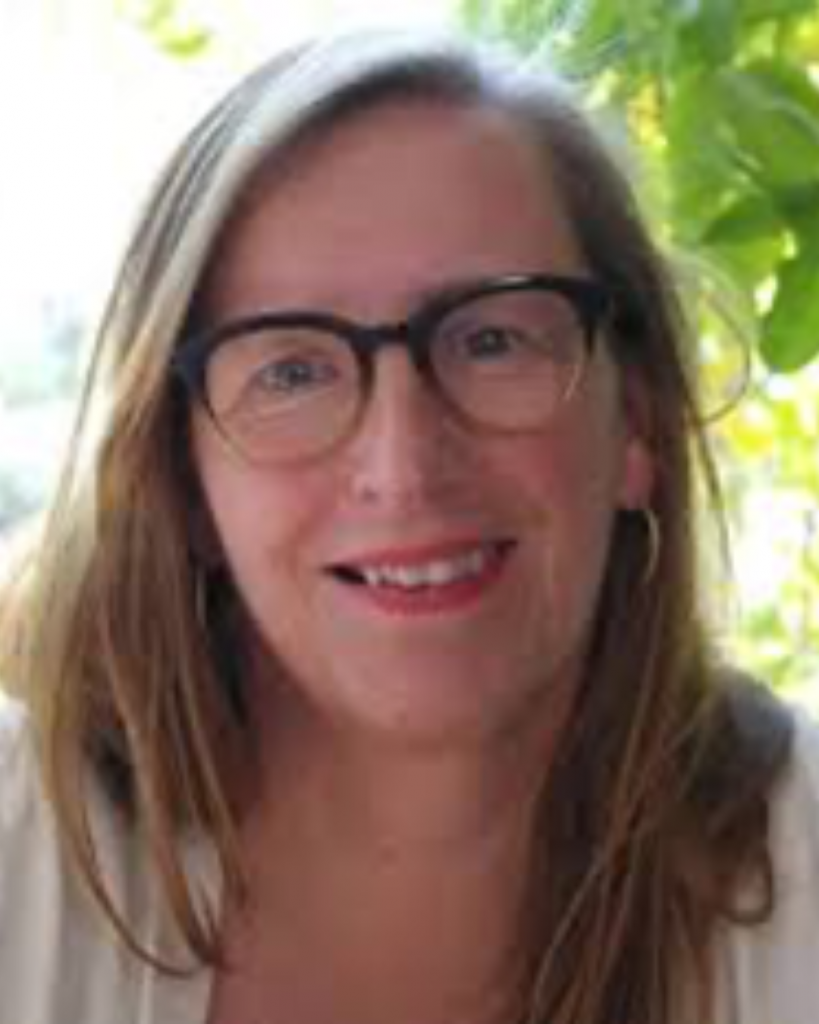
Godelieve Spaas
Dr. Godelieve Spaas is Professor of Art | Culture | Transitions at HZ University of Applied Sciences, where she researches how art can contribute to cultural transformation as a condition for systemic transitions. Previously, she was Professor of Economy in Common at Avans University of Applied Sciences, where she explored how thinking, doing, and imagination can help reclaim the economy for the common good. Godelieve is curator at the Future of Work Foundation, through which she initiated three public events, including Who Owns the Economy?. She is a member of the Supervisory Board of Casco Art Institute: Working for the Commons, and works as a maker and researcher at Rabo Art Lab, where she also hosts the podcast series De Tussenruimte (The In-Between Space), bringing together insights from entrepreneurs and artists in her research toward a different economy.
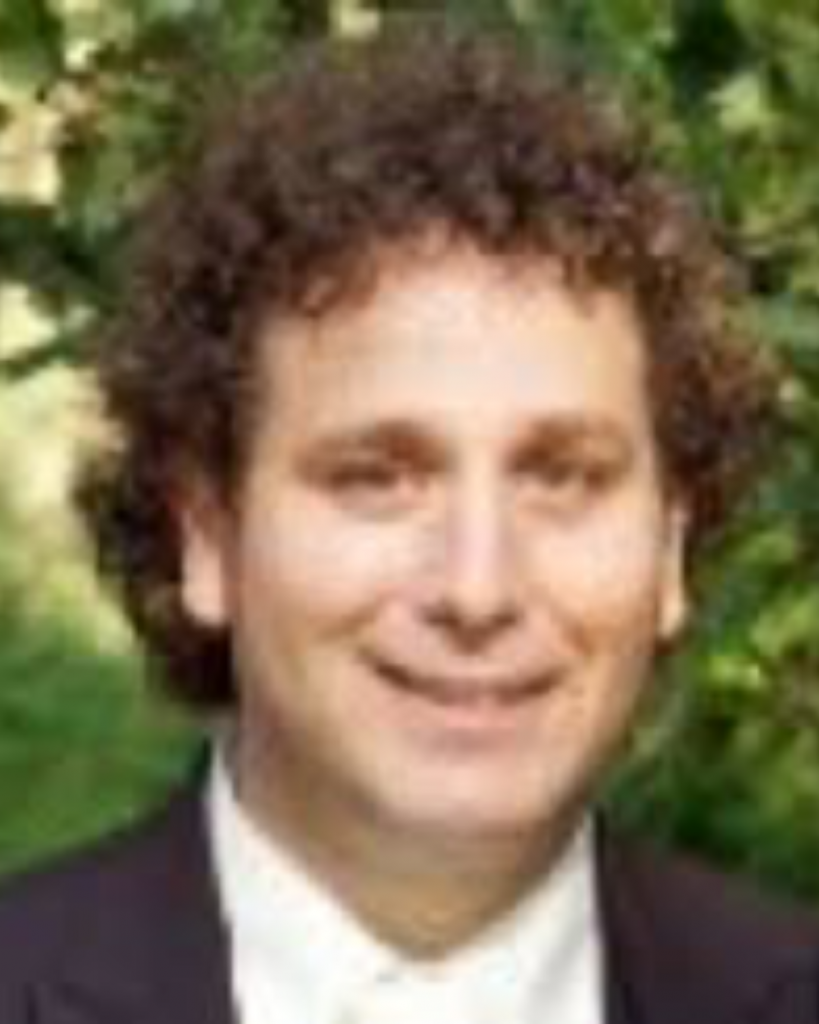
Jean-Marie Buijs
Dr. Jean-Marie Buijs is Professor of Applied Sciences in Governance of regional transitions at HZ University of Applied Sciences and the Delta Climate Center. With his research Jean-Marie aims to enhance the transformative capacity of delta regions in working with regional stakeholders towards a more sustainable and resilient future. Jean-Marie obtained his PhD in public administration at Erasmus University Rotterdam. He participates in a variety of interdisciplinary studies about water, energy and spatial planning in de delta areas.
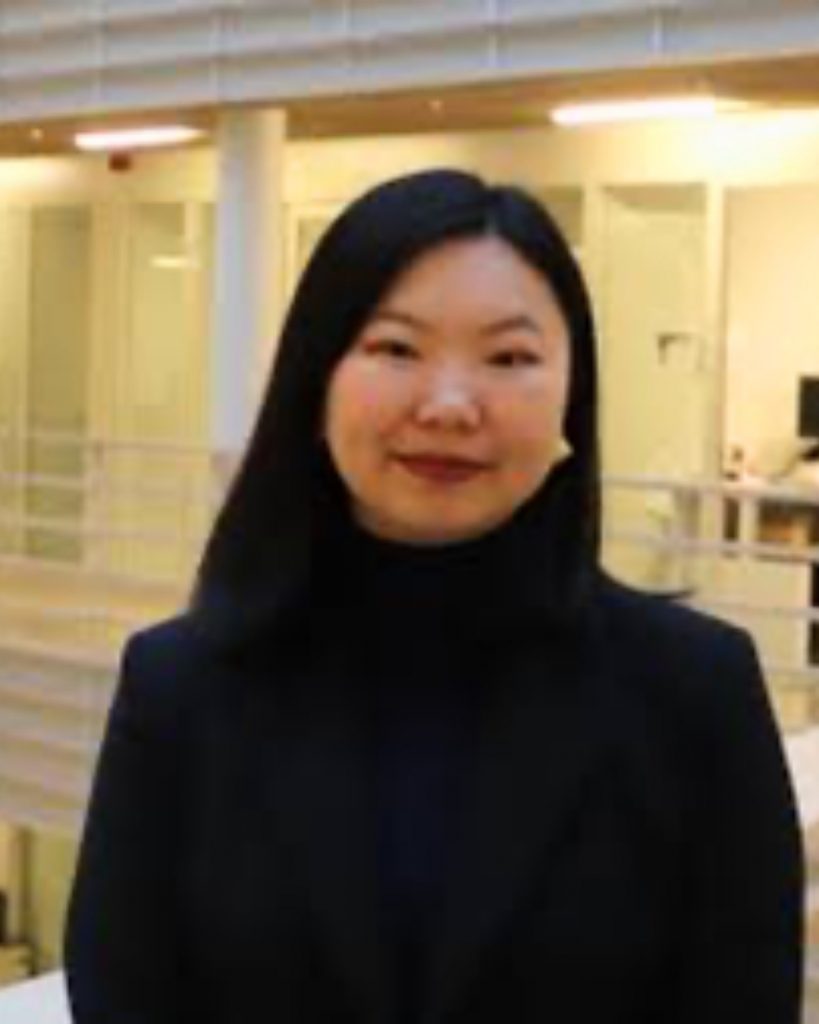
Xiaoxia Liu
Xiaoxia Liu serves as scientific project manager and China Liaison Officer at Wetsus, European centre of excellence for sustainable water technology. She completed her PhD degree with honours from a joint program of Wetsus and University of Natural Resources and Life Sciences, Vienna supported by Marie-Curie scholarship. Based on an established background in drinking water microbiology, Xiaoxia further explores transdisciplinary collaborations in Water Technologies. She initiated the first social science research theme at Wetsus, focusing on the social impact of water technology. She also coordinates two STARTS4WATER projects at Wetsus in collaboration with the de Waag future lab in the Netherlands.
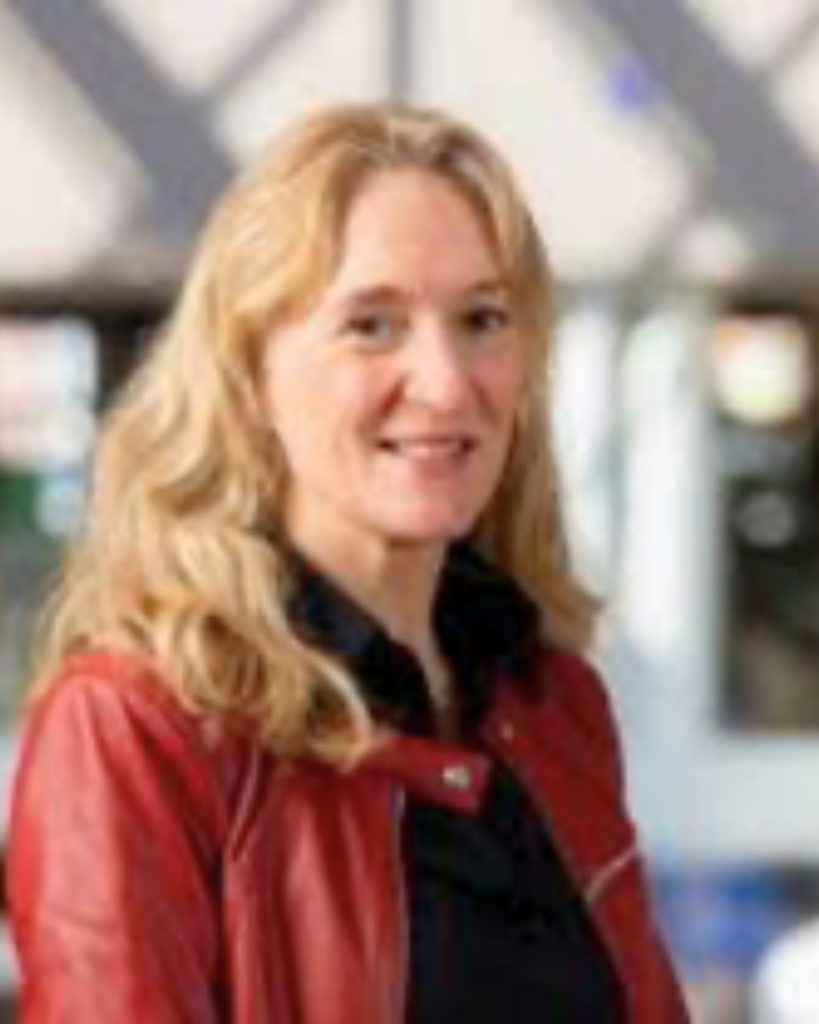
Jeanet van Dellen
Jeanet van Dellen holds a master degree in economics and is senior advisor Economic Affairs in the field of Water Technology for the Municipality of Leeuwarden. She has over ten years of working experience in international working group collaboration. Furthermore, she is advisor to the City District development project of Spoordok in Leeuwarden, aiming for implementing the highest standard in urban circular water cycle there whilst at the same time securing an attractive green and blue city area to work and live in. In the project STARTS4WATER she contributes with network and knowledge to support the project in strengthening the City’s identity as Capital of Water Technology in an artistic way.
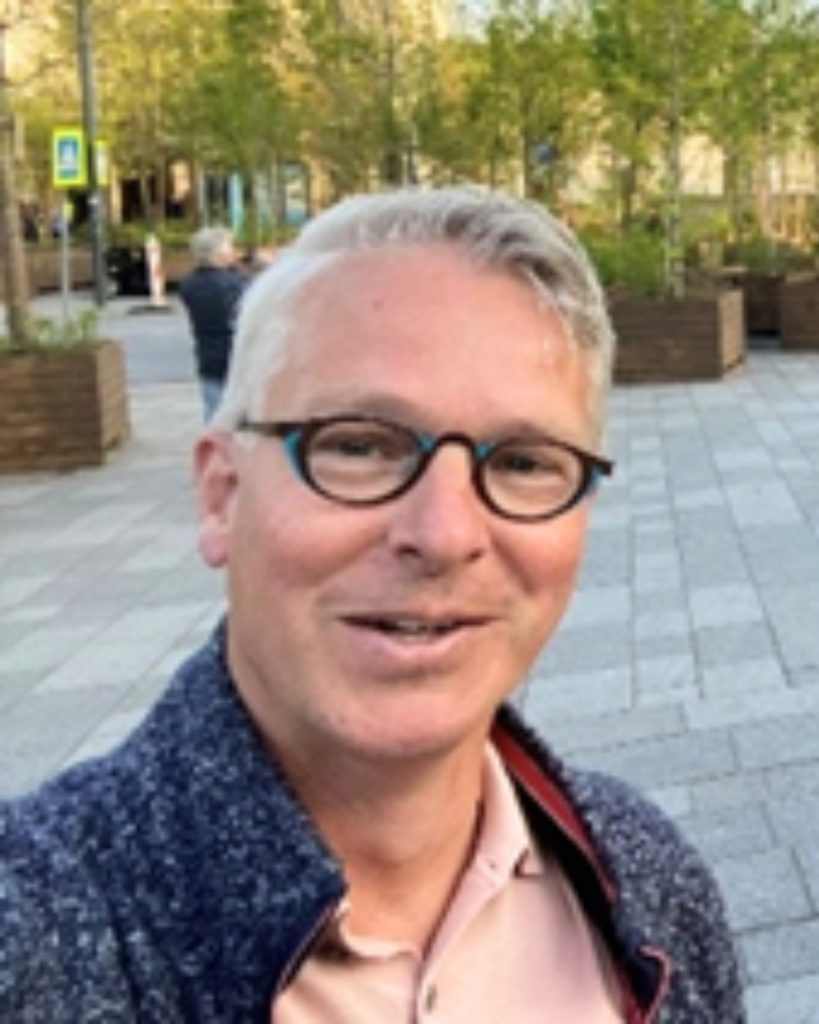
Hans Faber
Hans Faber is senior project manager for the municipal office for projects, programs and processes. He has experience with area developing for new residential areas and also with the WaterCampus. Besides these projects Hans is as project manager for some railway related developments like a new railway station and program manager for the innercity for a couple of redevelopment projects, greening and art projects.
In the past, in the year 2018 when Leeuwarden was European capital of Culture, Hans was the cultural project manager of the water program WaterConnecting2018, with several cultural projects in the city and on the WaterCampus itself. In the project STARTS4WATER he will contribute to the knowledge on the wide area where the artwork will ‘land’, the knowledge of a group of stakeholders in the area and the experience with cultural projects.
Ars Electronica
TU Wien
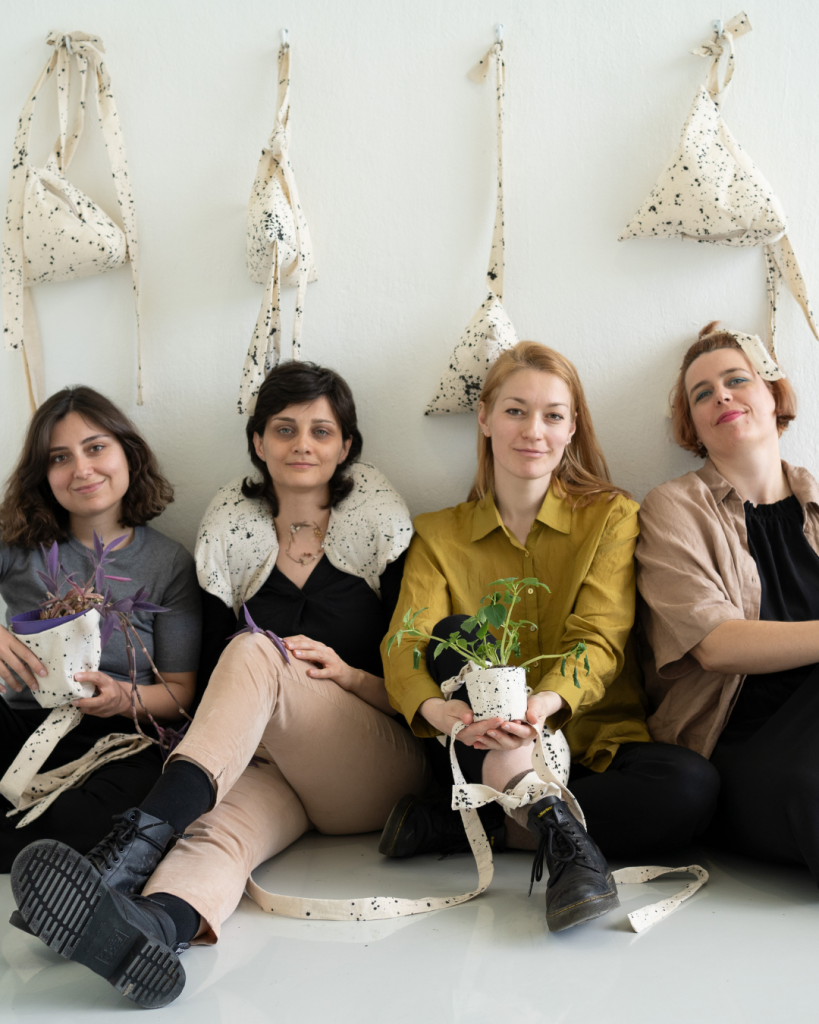
DTAFA
The Danube Transformation Agency for Agency (DTAFA) is an ecofeminist art and design collective dedicated to providing services and mediations between species. DTAFA’s practices and projects move between ecology, technology and activism with the aim to explore more equitable ways of living together. Whether through fish-friendly swimming courses or a trans-species partnership with a Chinese pond mussel, the agency employs experimental interventions as a method to develop tools for socio-ecological innovation and empowerment.
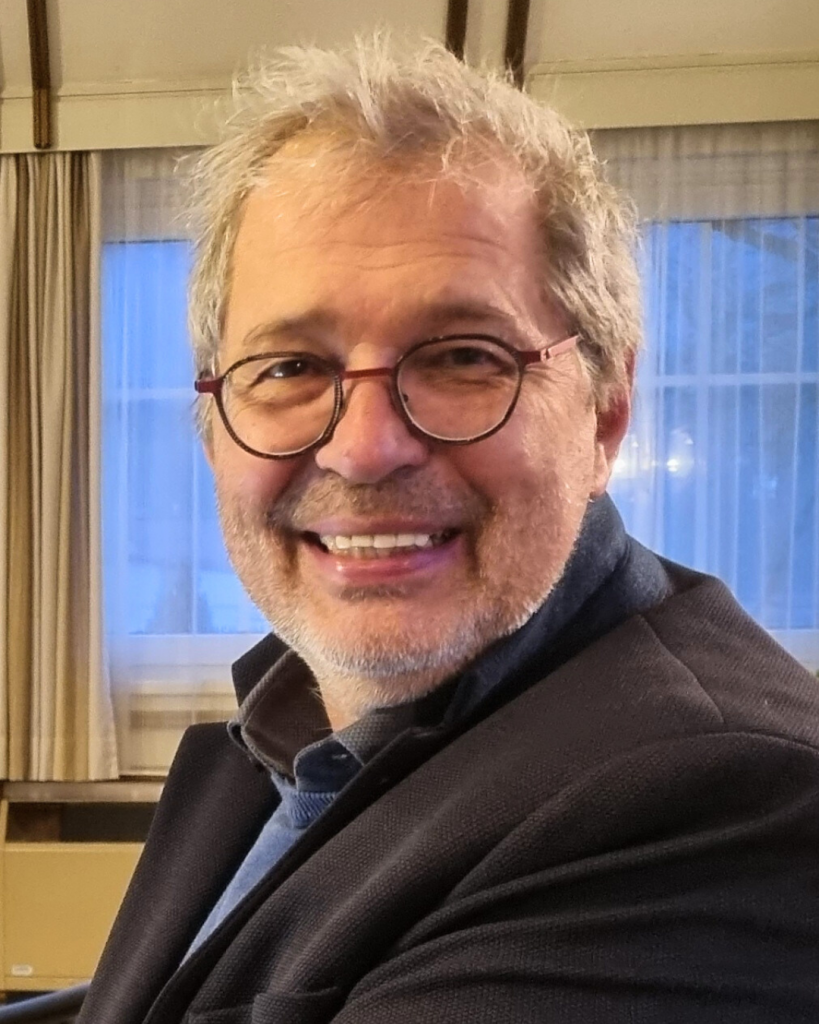
Harald Wimmer
Born in Vöcklabruck in 1960, I earned a degree in Geology, Mineralogy, and Philosophy from the University of Salzburg in 1990. My dissertation focused on the hydrogeology of the Kobernausserwald region. Since 1994, I’ve served as an expert at the Upper Austrian Government’s Department of Water Management. From 1985 to 2025, I led research trips to regions including Algeria, Armenia, the Azores, Iceland, Cape Verde, and Sicily.
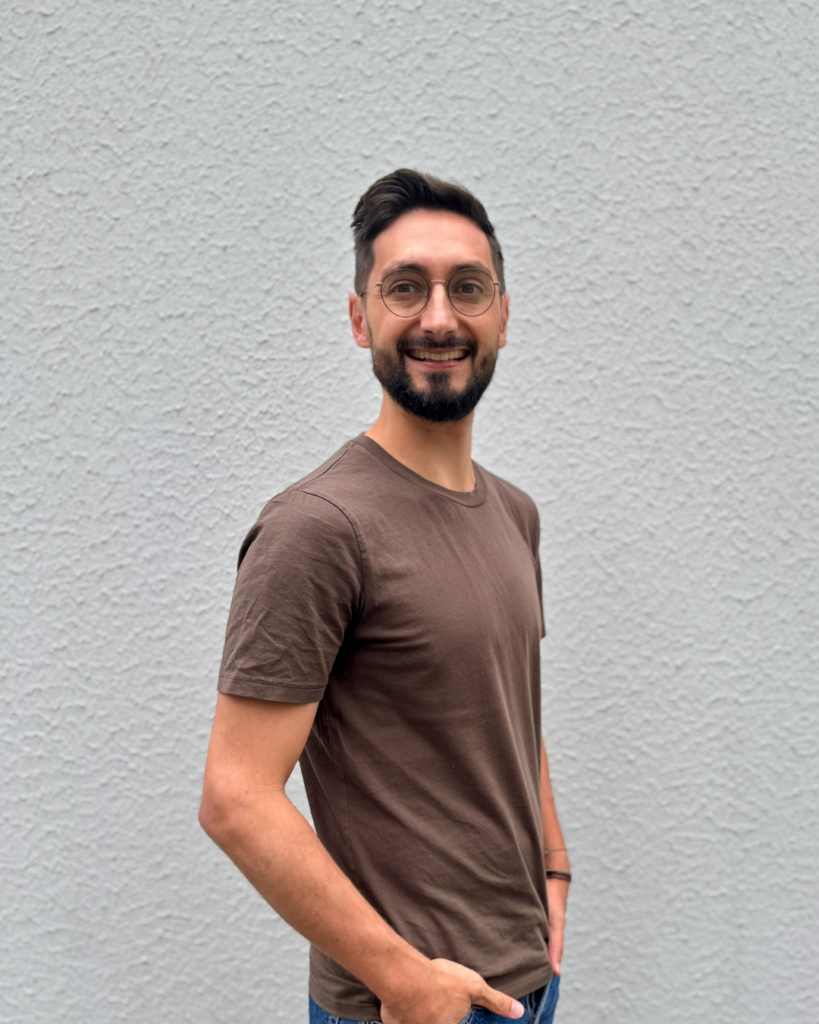
Johannes Lehner
Johannes Lehner is Managing Director of aquaplan.ing gmbh, an engineering consultancy based in Linz, Austria, specializing in hydraulic engineering and integrated water management. He holds a Master’s degree in Civil and Environmental Engineering from BOKU Vienna and has several years of experience in planning and implementing water infrastructure projects.
At aquaplan.ing, he promotes an interdisciplinary approach that combines technical expertise with ecological responsibility. The company provides services in hydrology, groundwater protection, flood risk management, and urban water systems, focusing on sustainable solutions for both public and private clients.
In addition to his technical background, Johannes has completed extensive training in coaching and communication, which he integrates into his work to foster effective collaboration. He combines deep technical knowledge with a systems-thinking mindset and a strong commitment to resilient, people-oriented infrastructure—bridging engineering, environmental protection, and practical implementation.
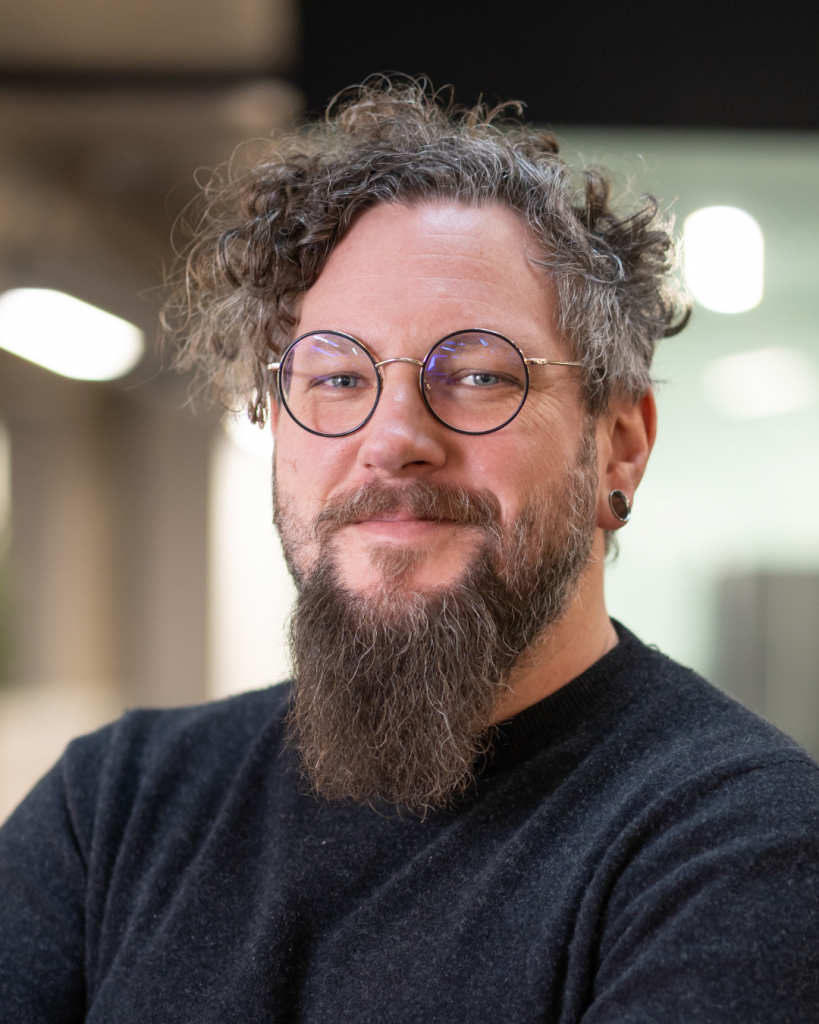
Philipp Wintersberger
Philipp Wintersberger is a Full Professor of Intelligent User Interfaces at IT:U (Linz, Austria). He leads an interdisciplinary team of scientists working on research projects funded by the Austrian Science Fund (FWF), the Austrian Research Promotion Agency (FFG), and industry partners. His research focuses on human-machine cooperation in safety-critical environments, including automated vehicles, robotic and industrial systems, and AI-supported workplaces. Dr. Wintersberger has (co-)authored numerous works published in major journals and conferences, such as ACM CHI, ACM IUI, AutomotiveUI, and Human Factors, and his contributions have earned several awards. He is a founding member of SIGCHI Austria and serves on the ACM AutomotiveUI steering committee. He has contributed to Human-Computer Interaction (HCI) conferences in various key roles and is one of the main organizers of the CHI workshop series on Explainable Artificial Intelligence.
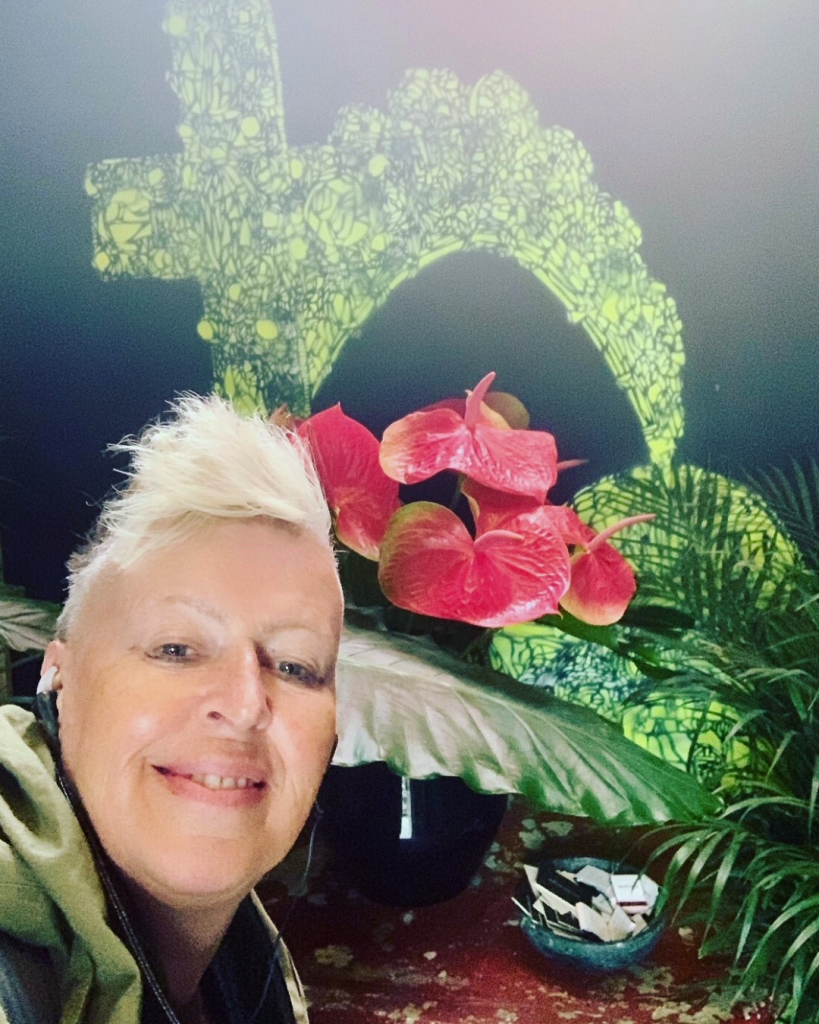
Susanne Brandstetter
Susanne Brandstetter is responsible for public outreach at the Water Department of the Austrian Federal Ministry of Agriculture and Forestry, Climate and Environmental Protection (BMLUK). She coordinates communication, public participation, and awareness-raising, with a strong focus on media work, social media, and project management. She supports the Minister’s Cabinet on water-related topics and spearheads initiatives like the youth platform Gen Blue and Danube Day. As project manager of the Wasseraktiv platform, she links water issues with art and culture, for example through the Neptun Water Award. She chairs the Public Participation Expert Group of the International Commission for the Protection of the Danube River (ICPDR), coordinating public outreach across 14 countries. On the EU level, she represents Austria in the EU Green Spider Network. Committed to inclusive communication, she translates technical content into accessible language and creative formats to reach hearts and foster active participation.
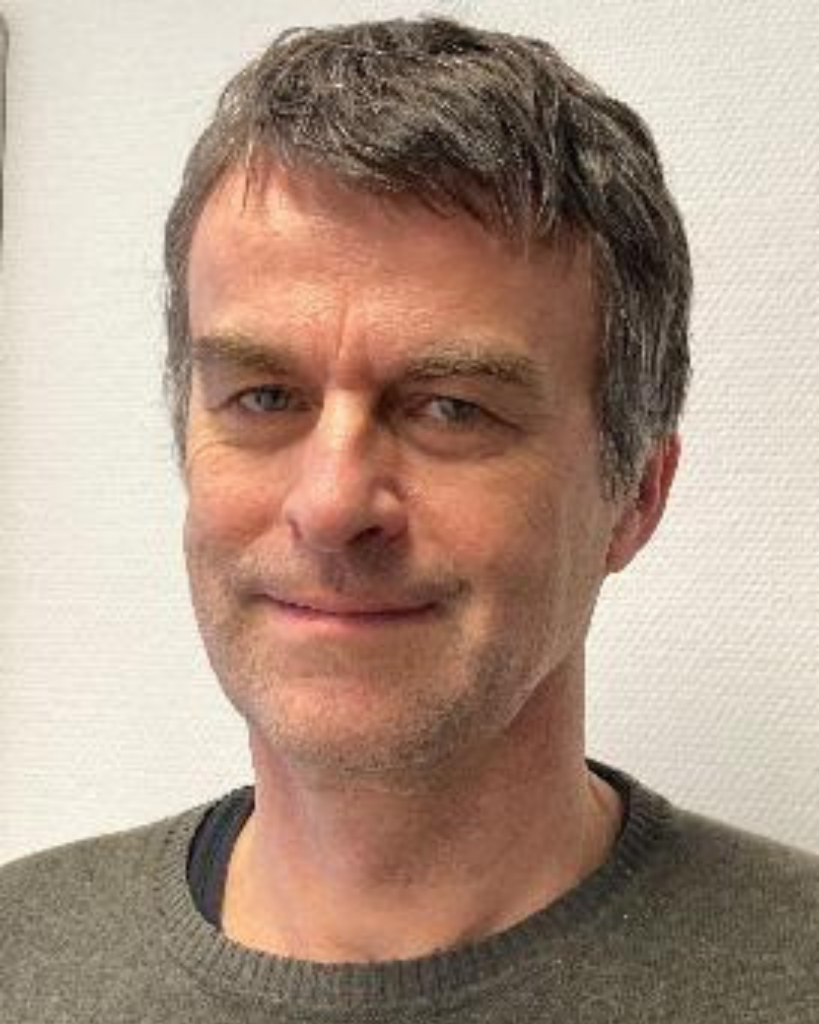
Karsten Schulz
Univ. Prof. Dr. Karsten Schulz is Head of the Institute of Hydrology and Water Management at the University of Natural Resources and Life Sciences, Vienna (BOKU). As Professor for Hydrology and Integrated Water Resources Management, his research addresses key challenges in water systems through environmental system modeling, hydrological remote sensing, and uncertainty analysis. His work contributes to advancing sustainable and resilient water resource management in the face of climate and environmental change.
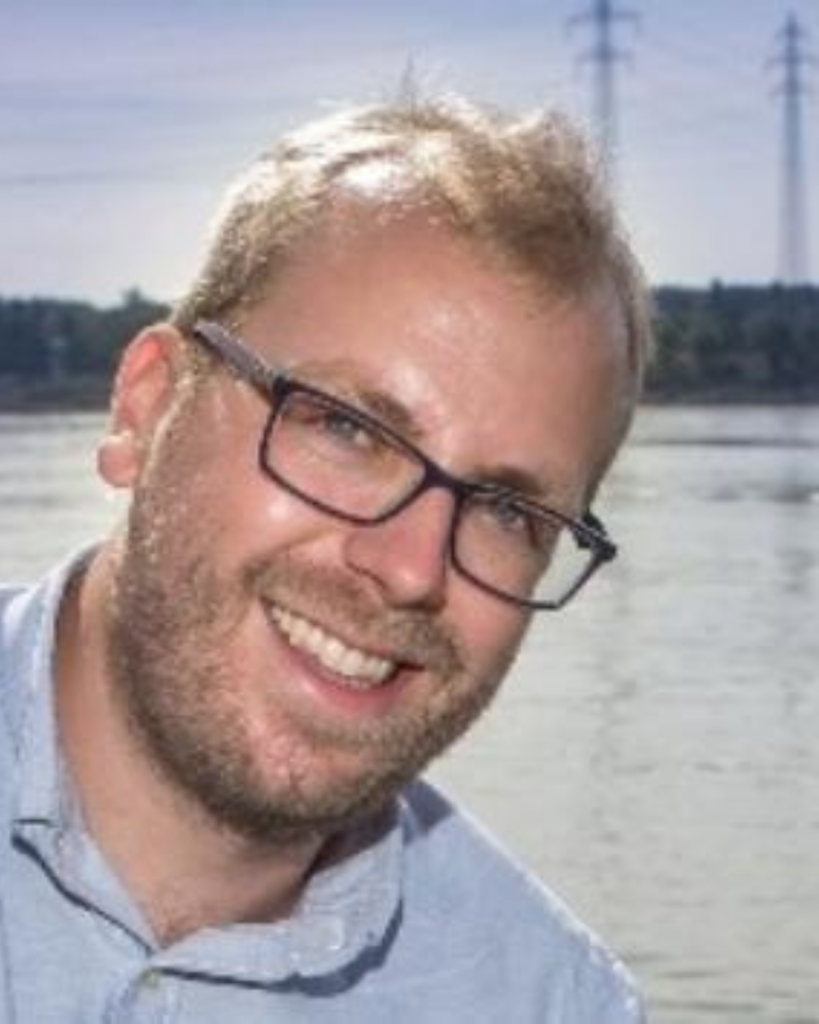
Thomas Friedrich
Dr. Thomas Friedrich is Senior Scientist at the Institute of Hydrobiology and Aquatic Ecosystem Management at the University of Natural Resources and Life Sciences, Vienna (BOKU). His research focuses on fish ecology, restoration ecology, and aquatic biodiversity, with particular expertise in sturgeon species, fish taxonomy, and conservation aquaculture. Through applied ecological research and species-focused restoration projects, his work contributes to the protection and sustainable management of riverine ecosystems, especially in the Danube region.
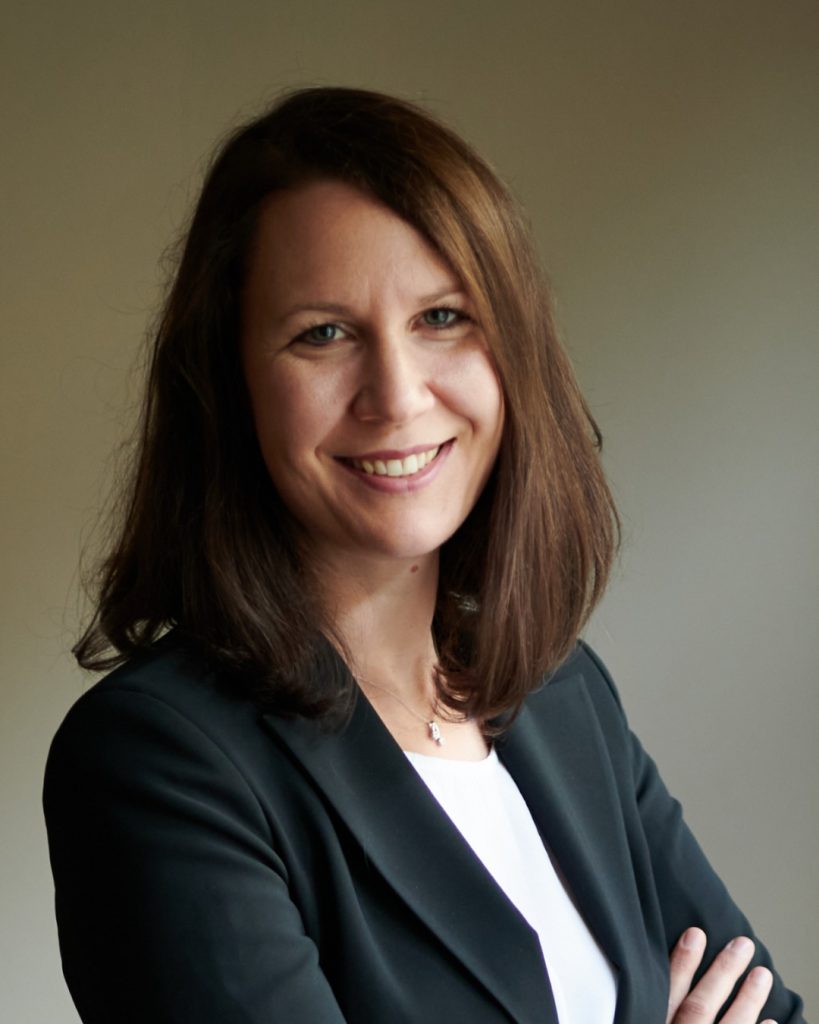
Christina Formanek
Christina Formanek is a groundwater expert at the Environment Agency Austria. She studied Geography at the University of Vienna with a focus on hydroclimatology, landscape ecology, and global environmental change. Her work focuses on groundwater quality monitoring, the impacts of climate change, and research on pollutants and microplastics in groundwater. She also leads the agency’s diversity management initiatives. She is currently pursuing a doctorate at the University of Natural Resources and Life Sciences, Vienna, with a focus on the long-term development of groundwater quality.
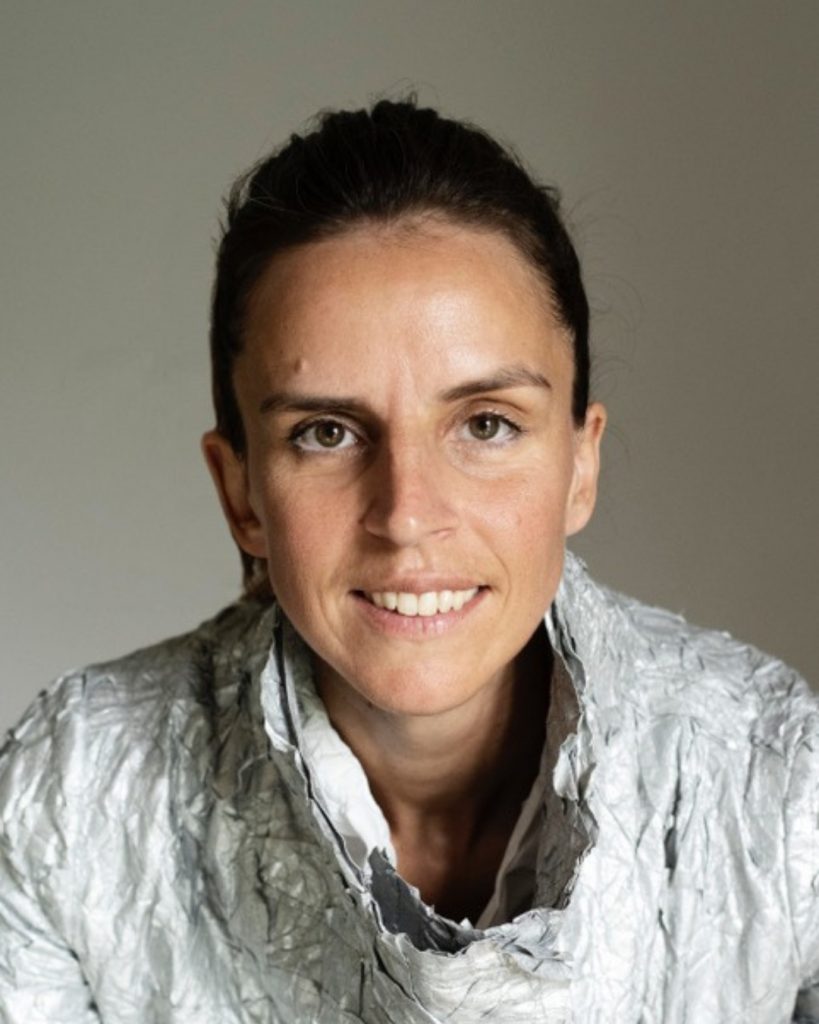
Karmen Franinović
Karmen Franinović is Professor for Interaction Design at the ZHdK. She heads the subject area Interaction Design, leading its strategy processes as well as educational and research contents. Karmen leads projects at Institute for Design Research and teaches in the BA and MA programs. She is co-heading Transdisciplinary Artistic PhD and heads the Enactive Environments Lab. Karmen is currently leading a research project “Interfacing the Ocean: Towards a Sea Change in Design” which explores interactions within ocean ecologies and ways they impact on design thinking and making.
With her background in architecture, art and design, Karmen is moved by the desire to explore dynamic and ephemeral processes, be it an urban soundscape, a creative process, a learning experience or an ecosystem. Questions of interactivity and cognition within social, sensorial and material ecologies are researched by designing technologies that engage bodily and spatial knowledge. Karmen worked on the design of public buildings, participatory public installations, shape-changing and sonic sculptures, haptic floors and rehabilitation wearables, among others. Her research outputs grounded in enactive experiences and theories challenge established interaction paradigms to foster more situated, reflective and playful uses of technology.
+ Contact
For general S+T+ARTS AQUA MOTION inquiries, contact us at:
Patricia Carvalho, patricia.carvalho@inova.business
Discover more about S+T+ARTS AQUA MOTION
STARTSAQUAMOTION is co-funded by the European Union under the STARTS – Science, Technology and Arts initiative of DG CNECT (GA no. LC-03568055). Views and opinions expressed are those of the author(s) only and do not necessarily reflect those of the European Union or DG CNECT. Neither the European Union nor the granting authority can be held responsible for them.
